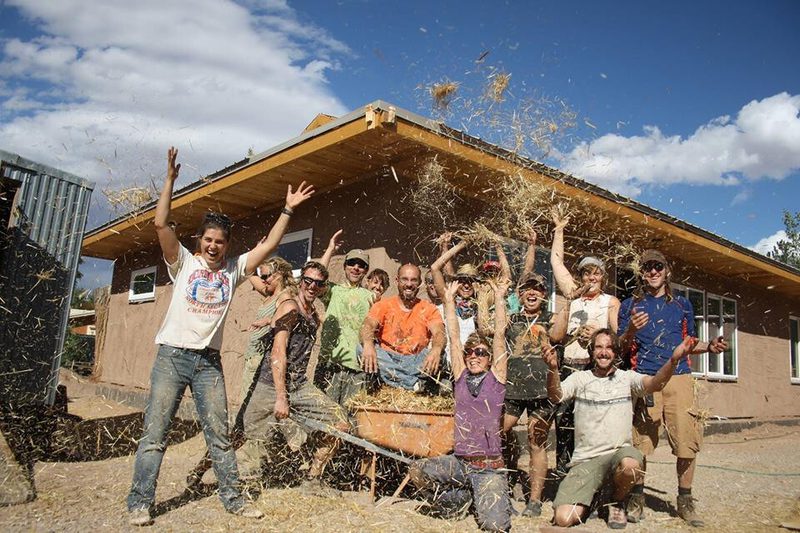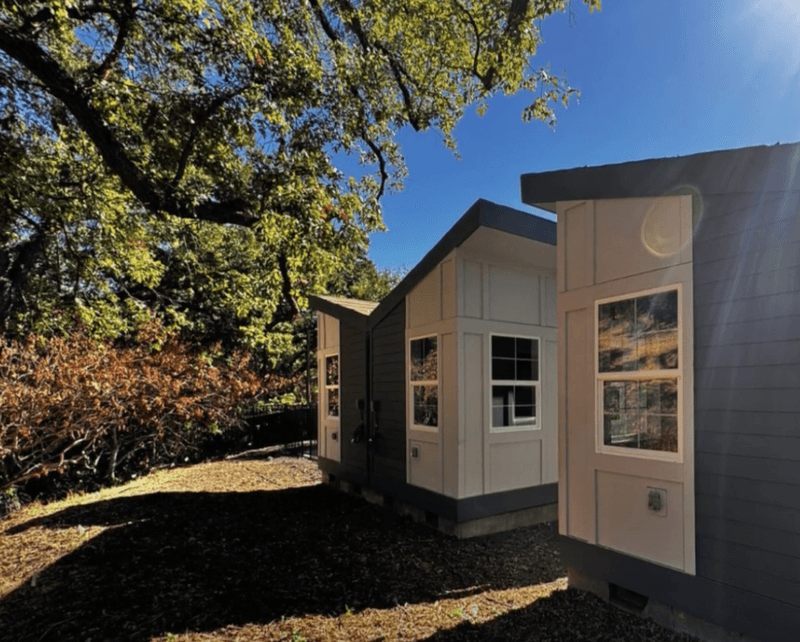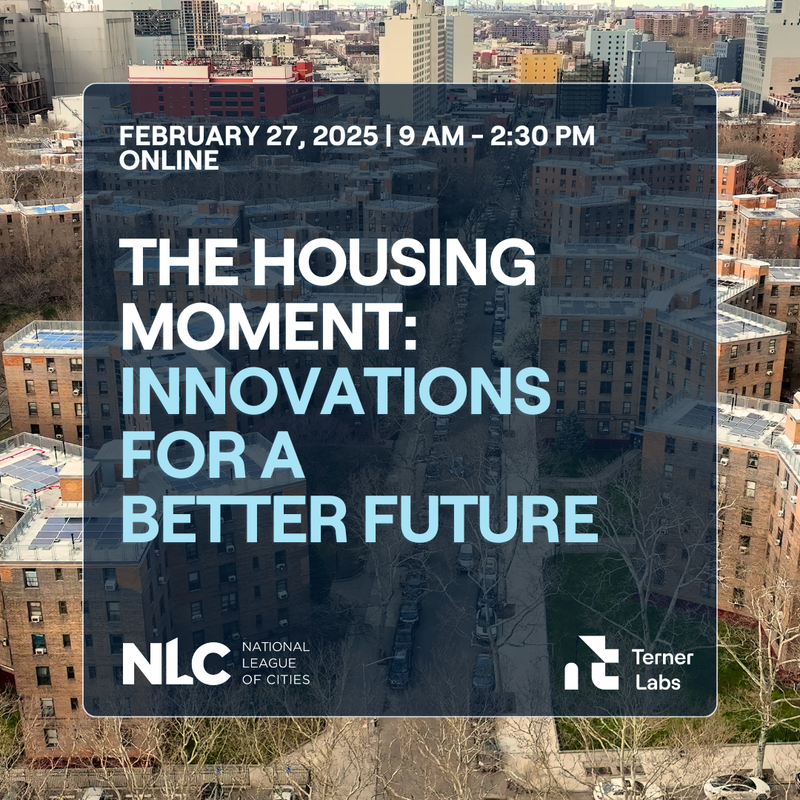Housing Venture Lab
SCALING EFFECTIVE SOLUTIONS TO THE CRISIS
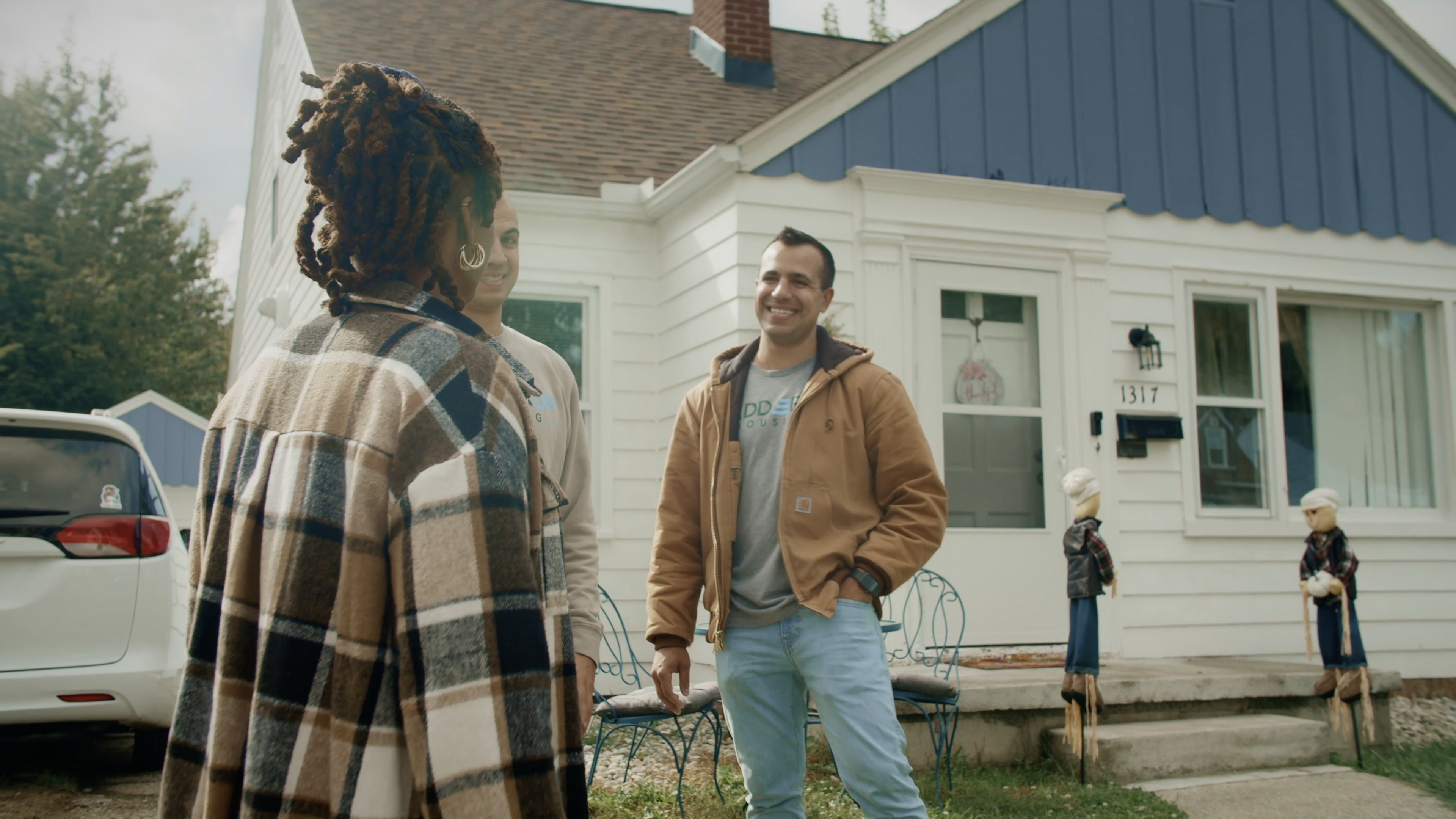
Meet our Ventures
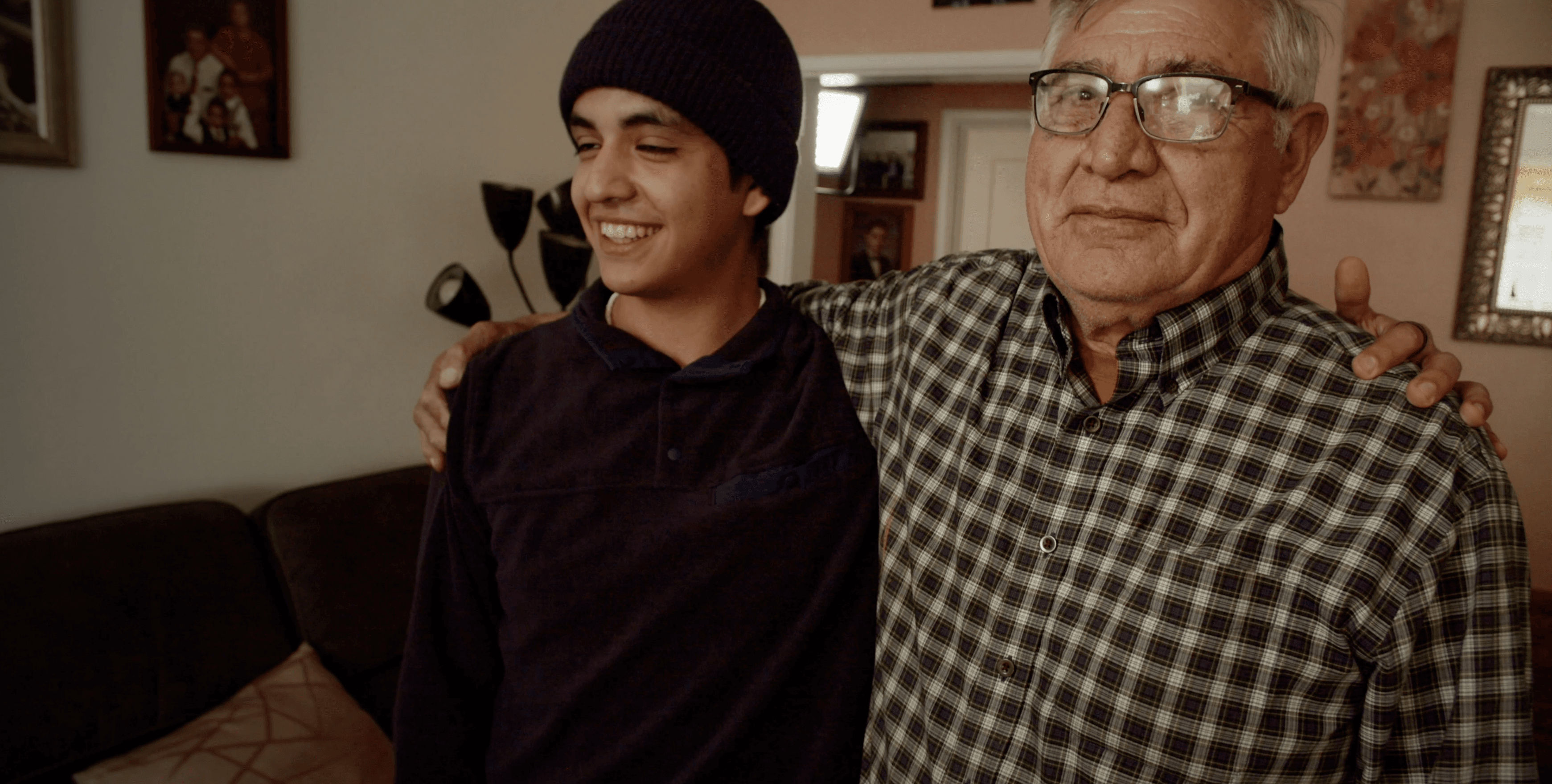
Housing Connector increases access to housing for individuals most in need, by solving financial and resident challenges for property managers so they can lower screening criteria and open more doors to people that have historically been discriminated against.

Kit Switch lowers the cost of construction and simplifies the adaptive reuse of buildings for housing through the design and production of modular interiors. Their first product line of ready-to-install kitchen modules are standardized, designed for ease of assembly and fully reconfigurable for reuse.
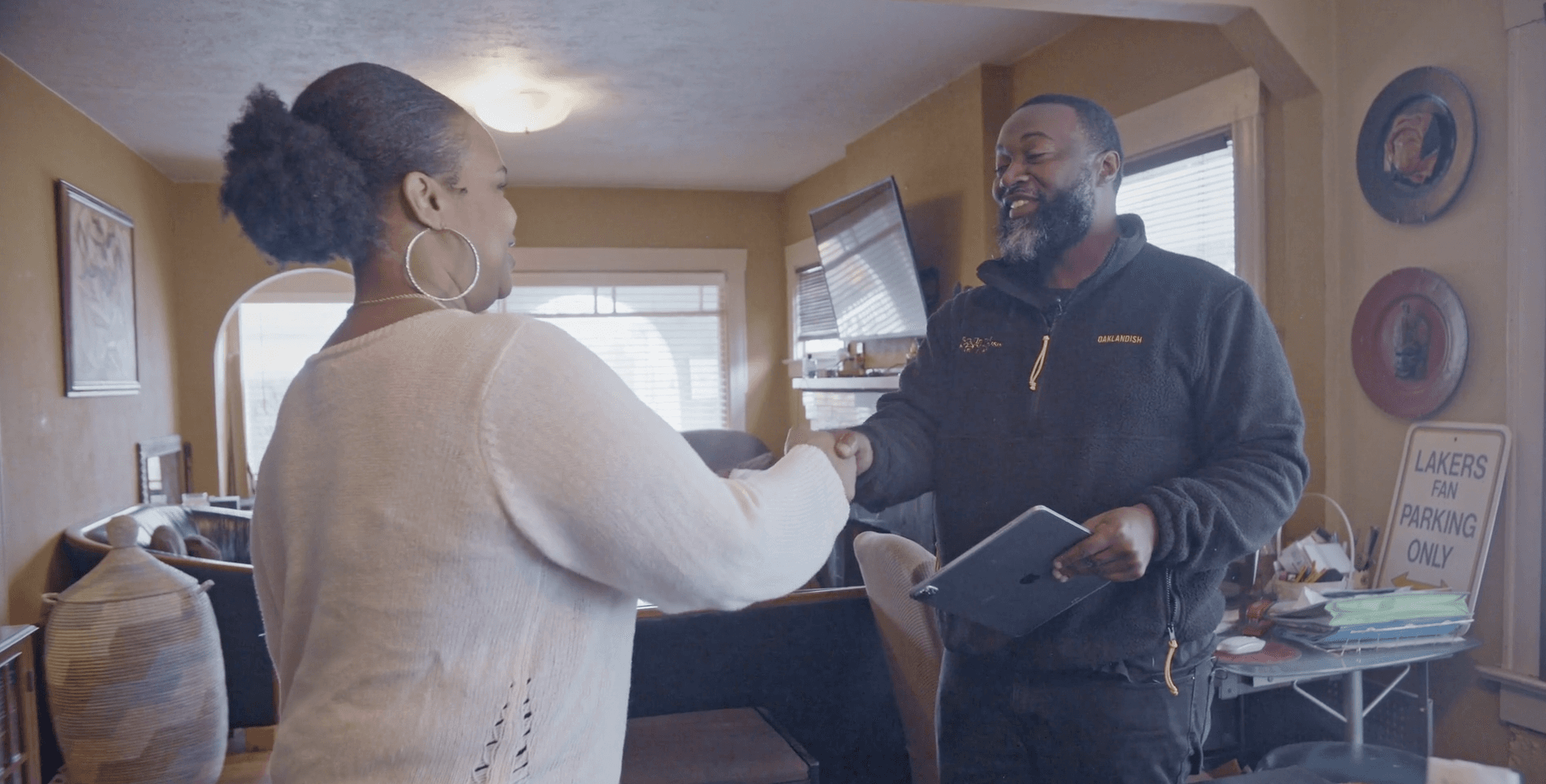
Revalue.io provides building improvements to prepare hard to reach homeowners for the transition to clean energy electrification via a network of women contractors and contractors of color.
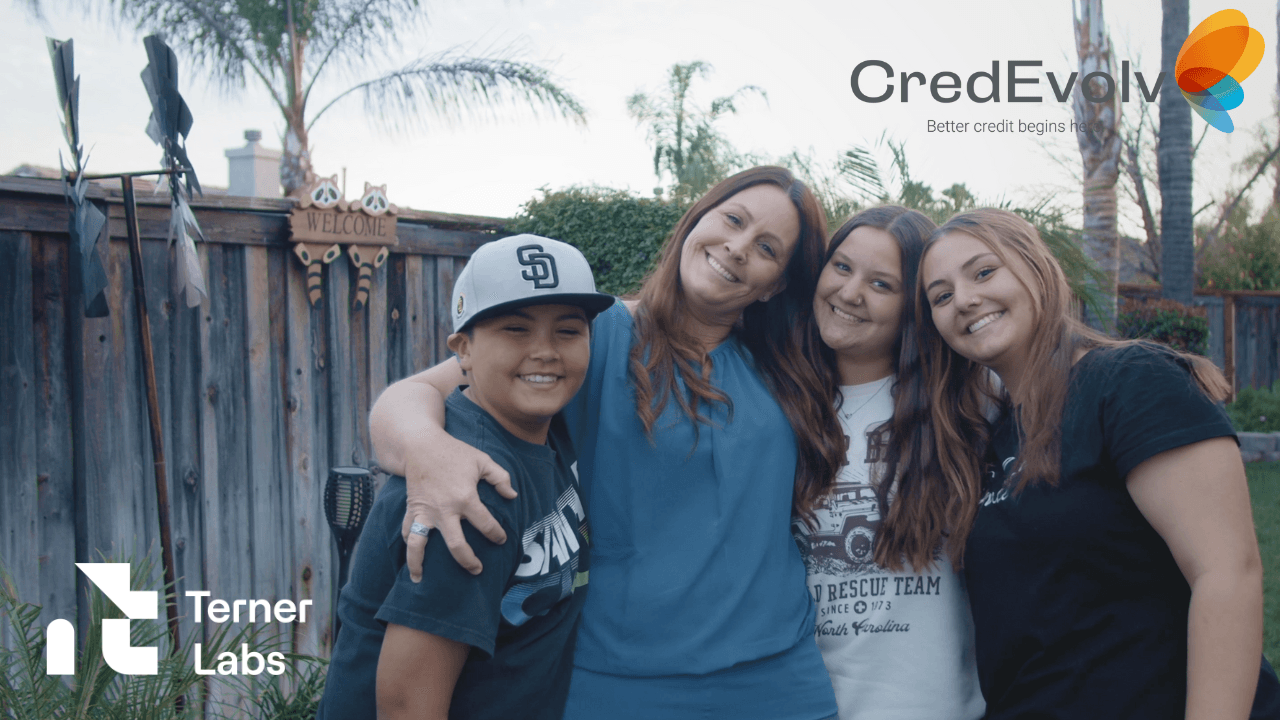
Credevolv addresses inequities in mortgage access by connecting lenders, declined borrowers, and nonprofit financial counselors through a tech platform, linking denied borrowers with financial counselors to improve their credit score.
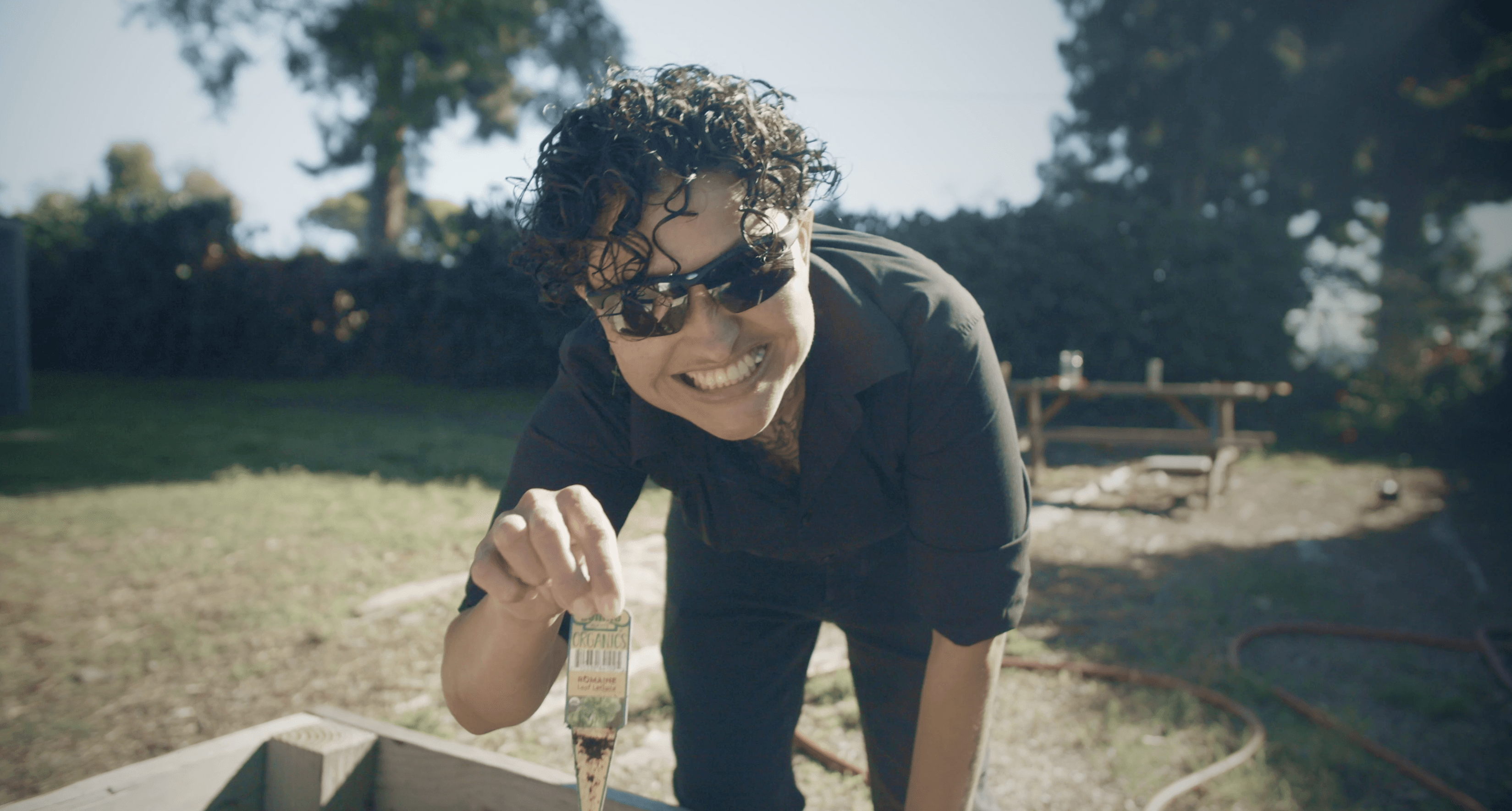
ANWOL facilitates the reentry of formerly incarcerated women by providing housing and services through their Sisterhood Alliance for Freedom and Equality (SAFE) Housing Network. The network has developed 41 SAFE homes across 18 U.S. states and three sites in Africa.
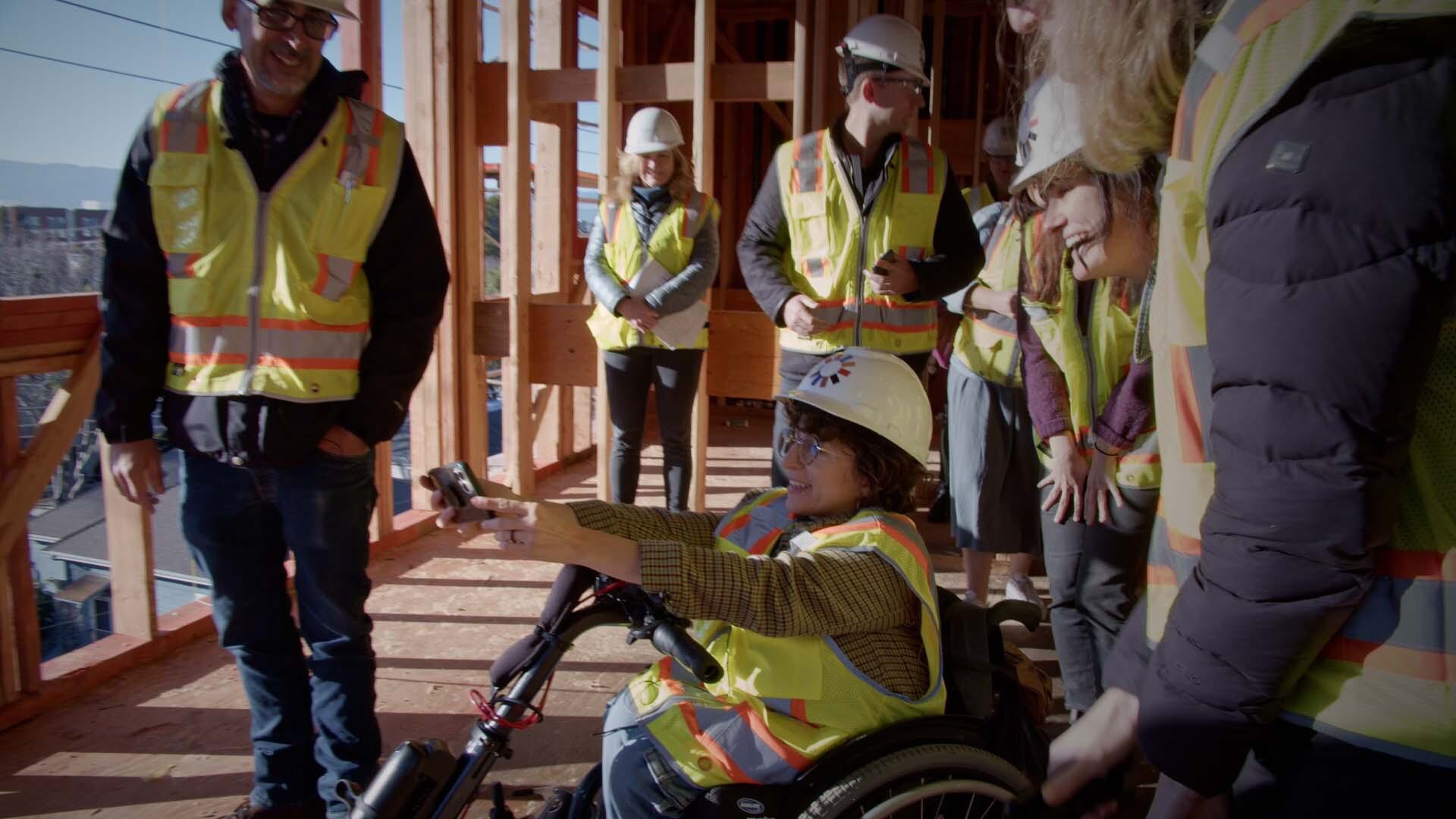
The Kelsey advances disability-forward housing solutions that open doors to homes and opportunities for everyone. We both co-develop affordable, accessible, inclusive housing and lead advocacy and field-building efforts to create market conditions so inclusive housing becomes the norm.
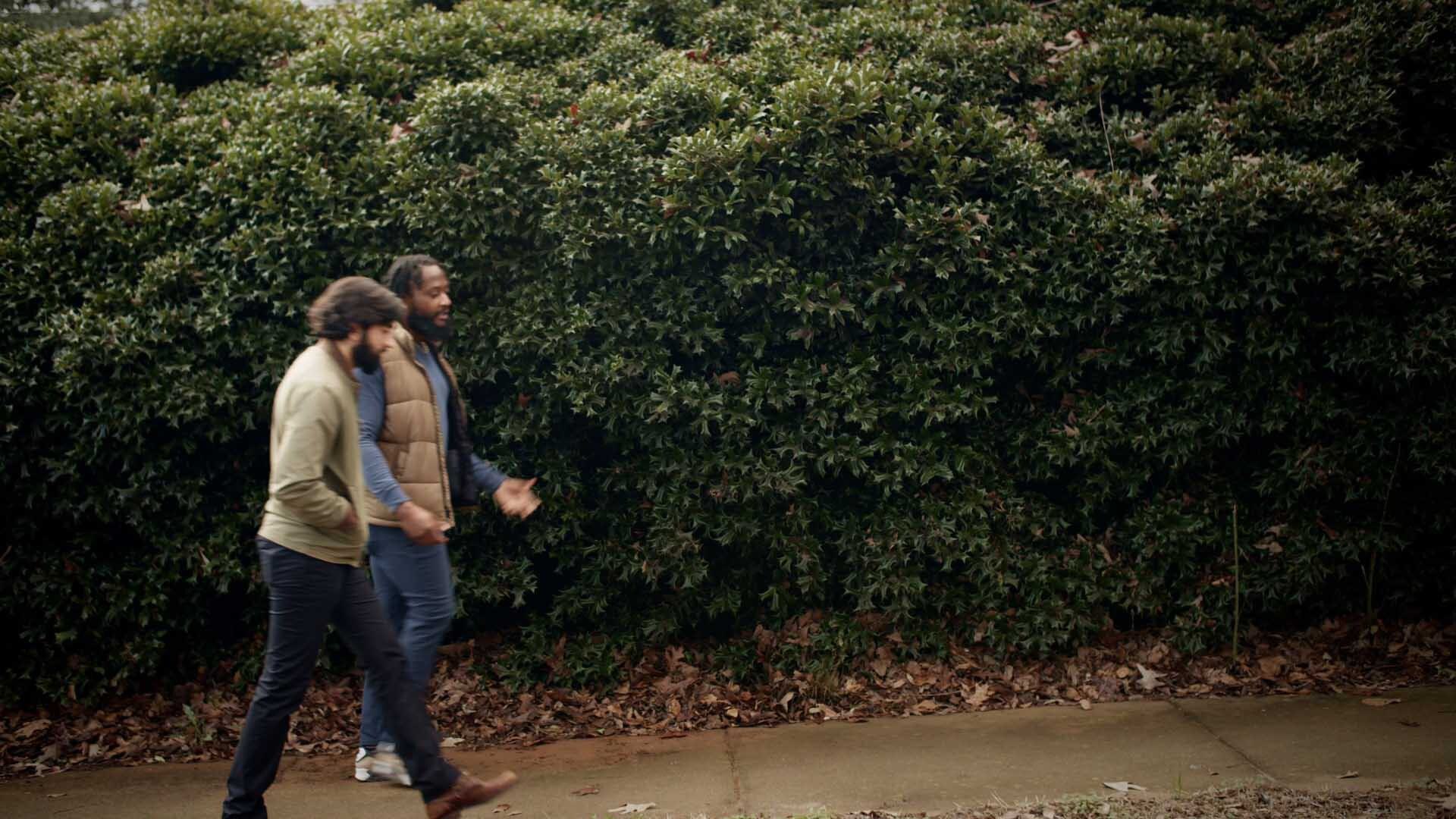
The Guild is a BIPOC worker-owned cooperative building community-owned real estate in historically black neighborhoods through two funds that make residents and businesses co-owners of a trust, enabling local communities to build equity over time.

Pronto creates software to make affordable housing processes efficient, easy and accessible - starting with resident qualification. Pronto streamlines compliance for any affordable housing program, from Federally subsidized to local programs, attainable housing, and everything in between.
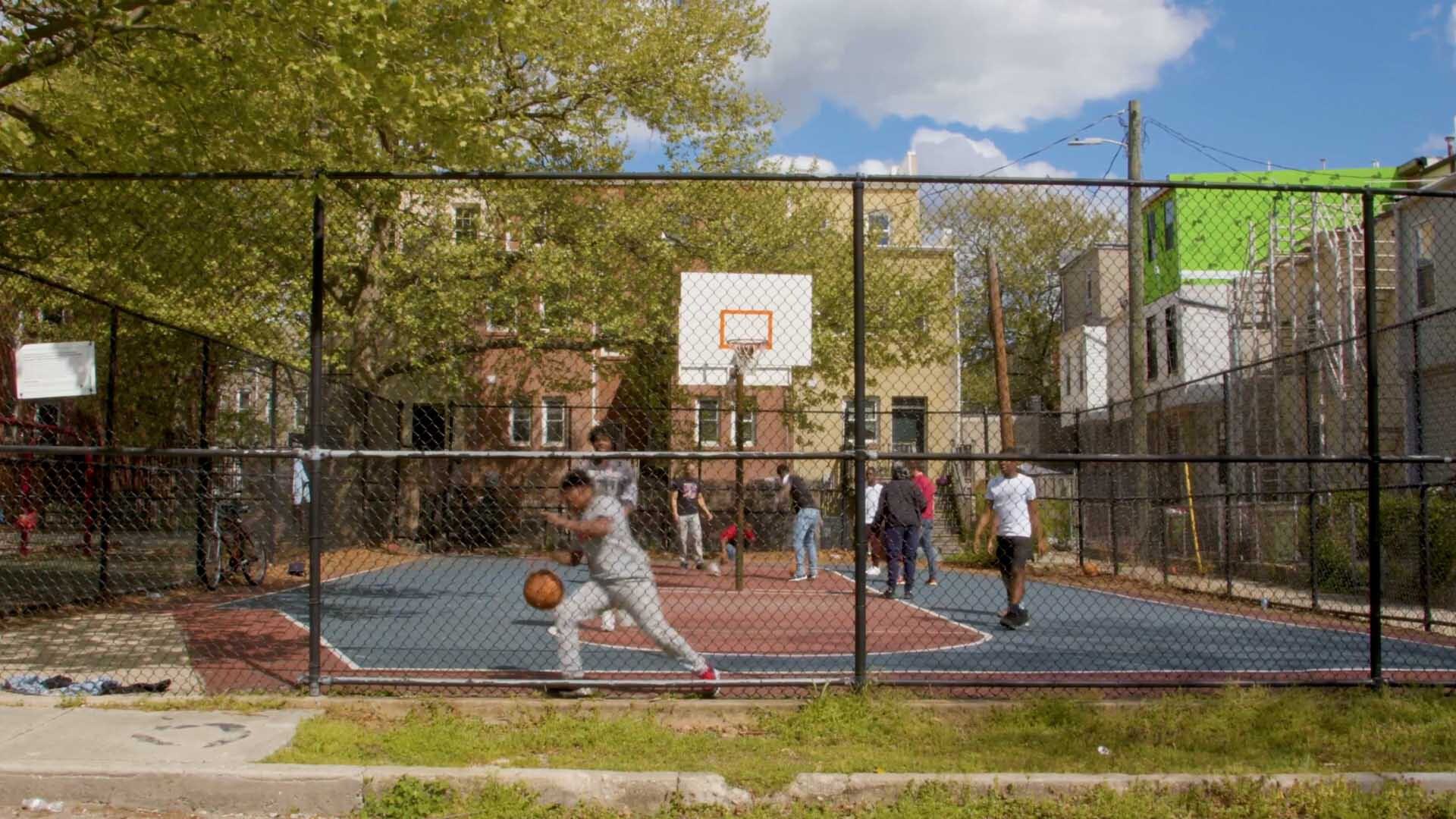
Parity is an equitable development company that unlocks housing in historically redlined neighborhoods by creating pathways for existing residents, families, and collectives to purchase abandoned homes together block by block as a means of community-building and wealth-building.
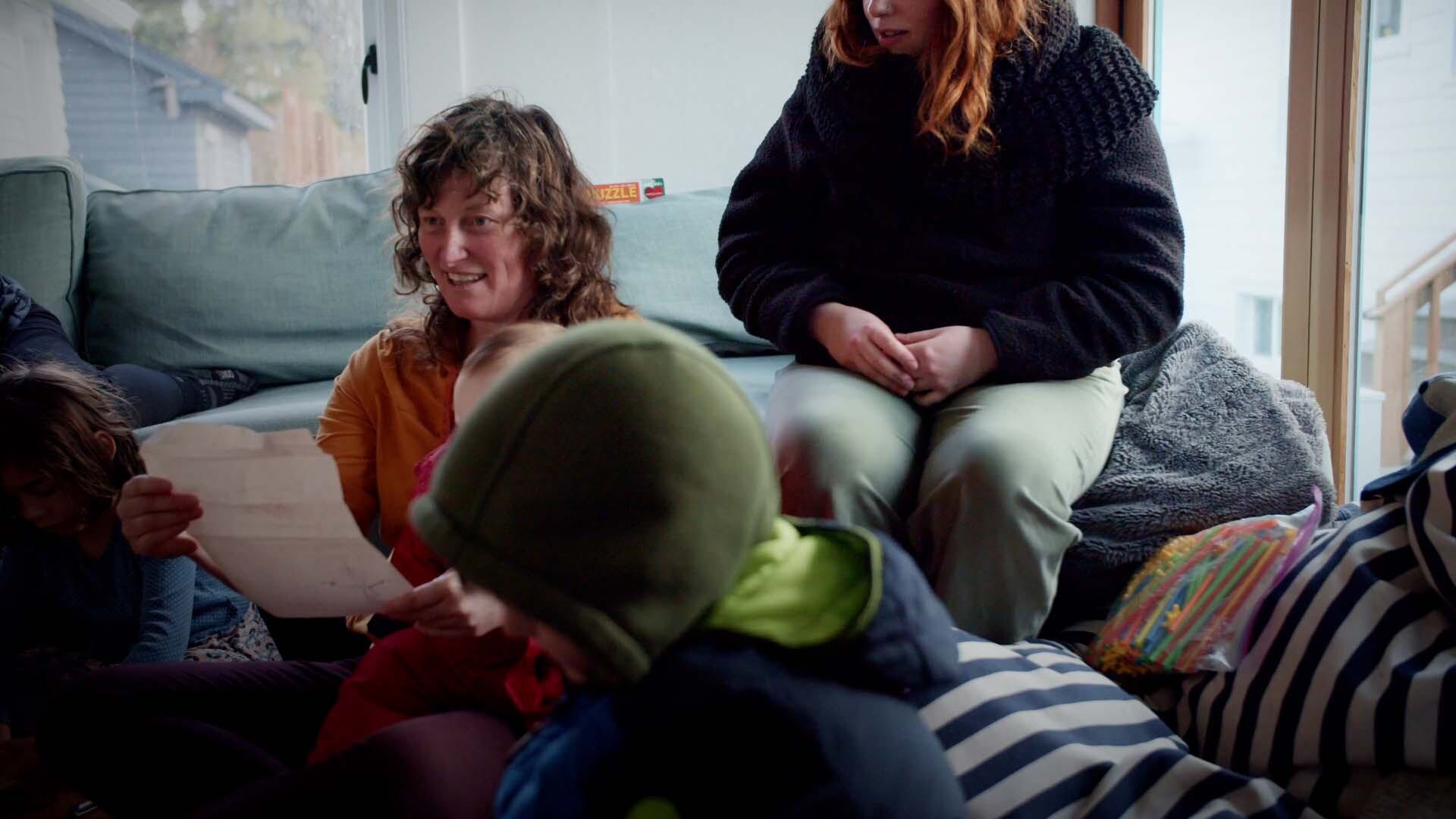
Frolic Community partners with single-family homeowners in gentrifying neighborhoods to co-develop multi-family housing on their properties. These small cooperatives of 6-10 units are sold at affordable prices to low-wealth, middle-income families, with down payments between $10 - $40k.
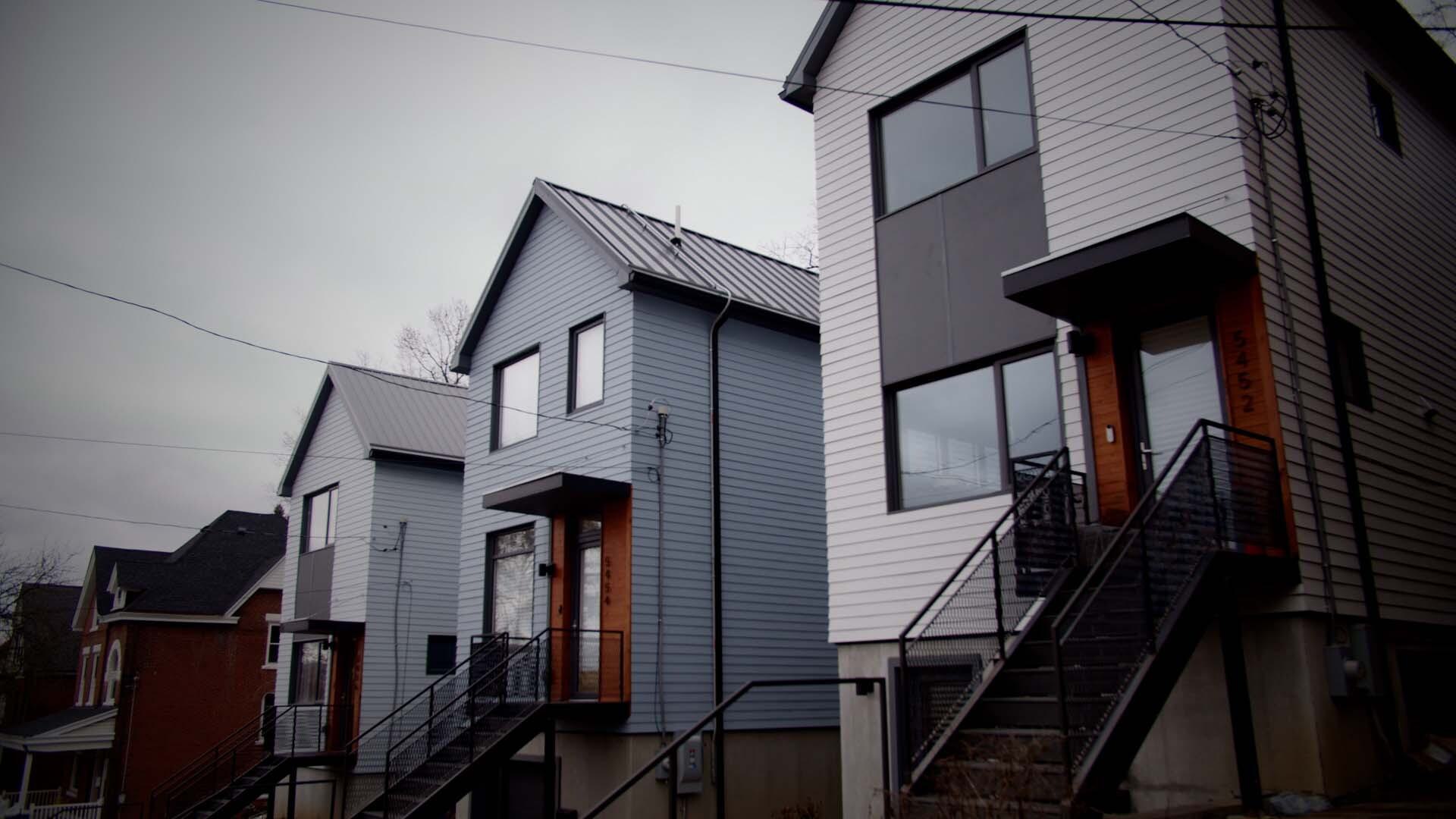
Module enables mission-driven housing providers to deliver new housing more quickly with higher quality control. The company designs, builds, and delivers sustainable, prefab homes. Module's homes are all-electric, & designed for affordable homeownership and missing middle housing.
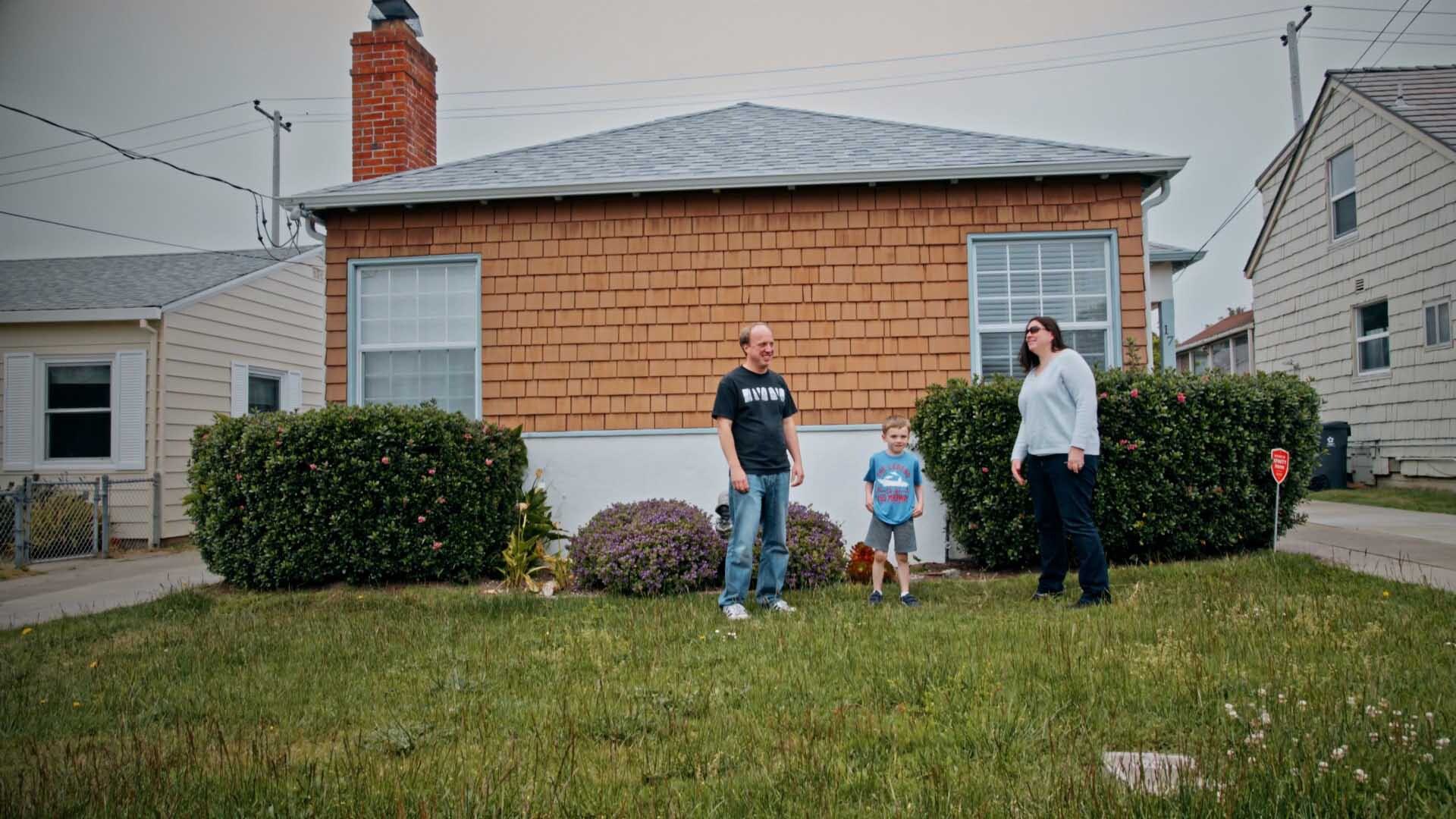
True Footage is a valuation company building software for appraisers and providing fair appraisal services for lenders nationwide.
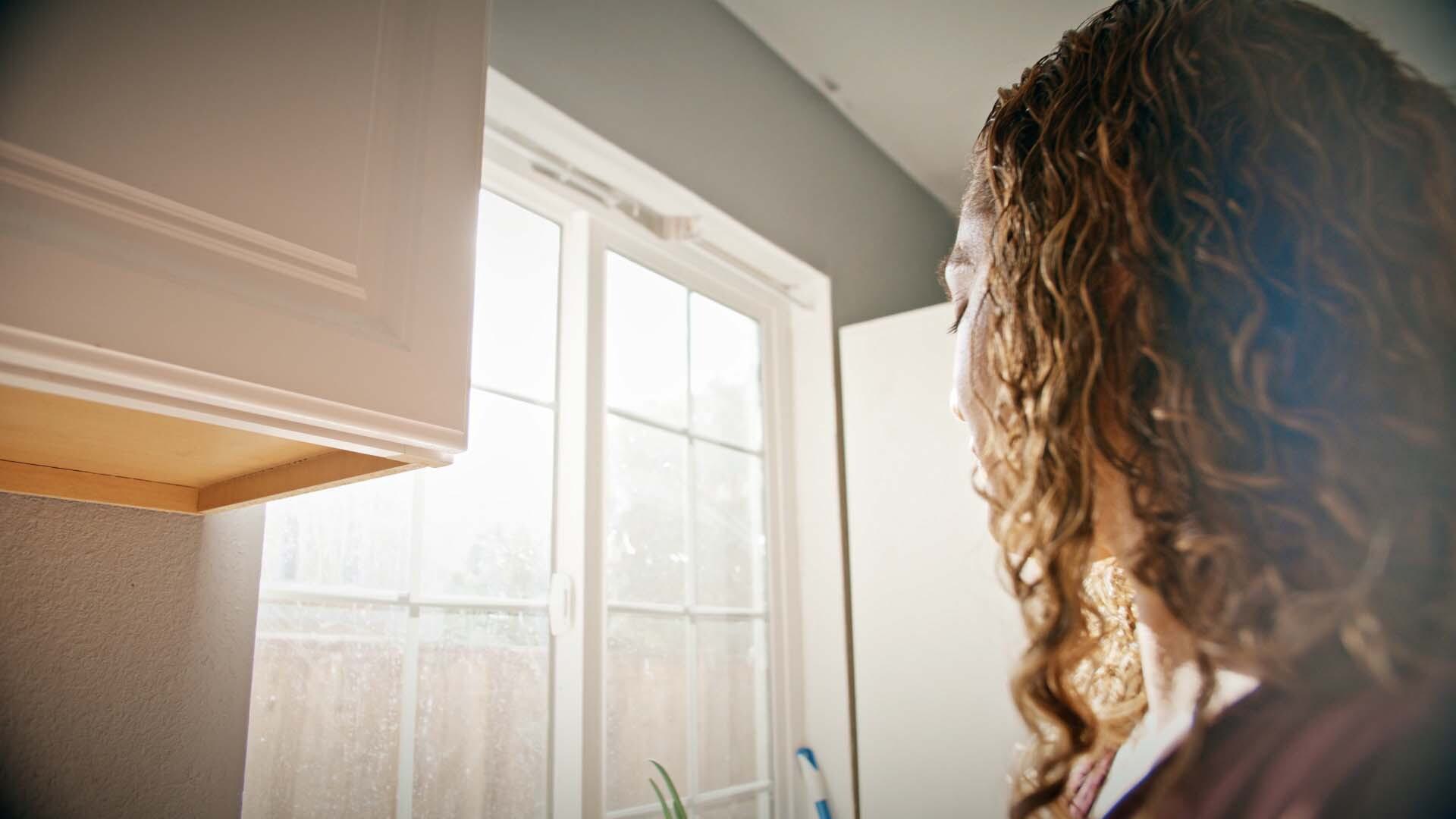
The Homecoming Project at Impact Justice pairs individuals returning home from prison with welcoming community residents (hosts) who have a room in their homes to spare.
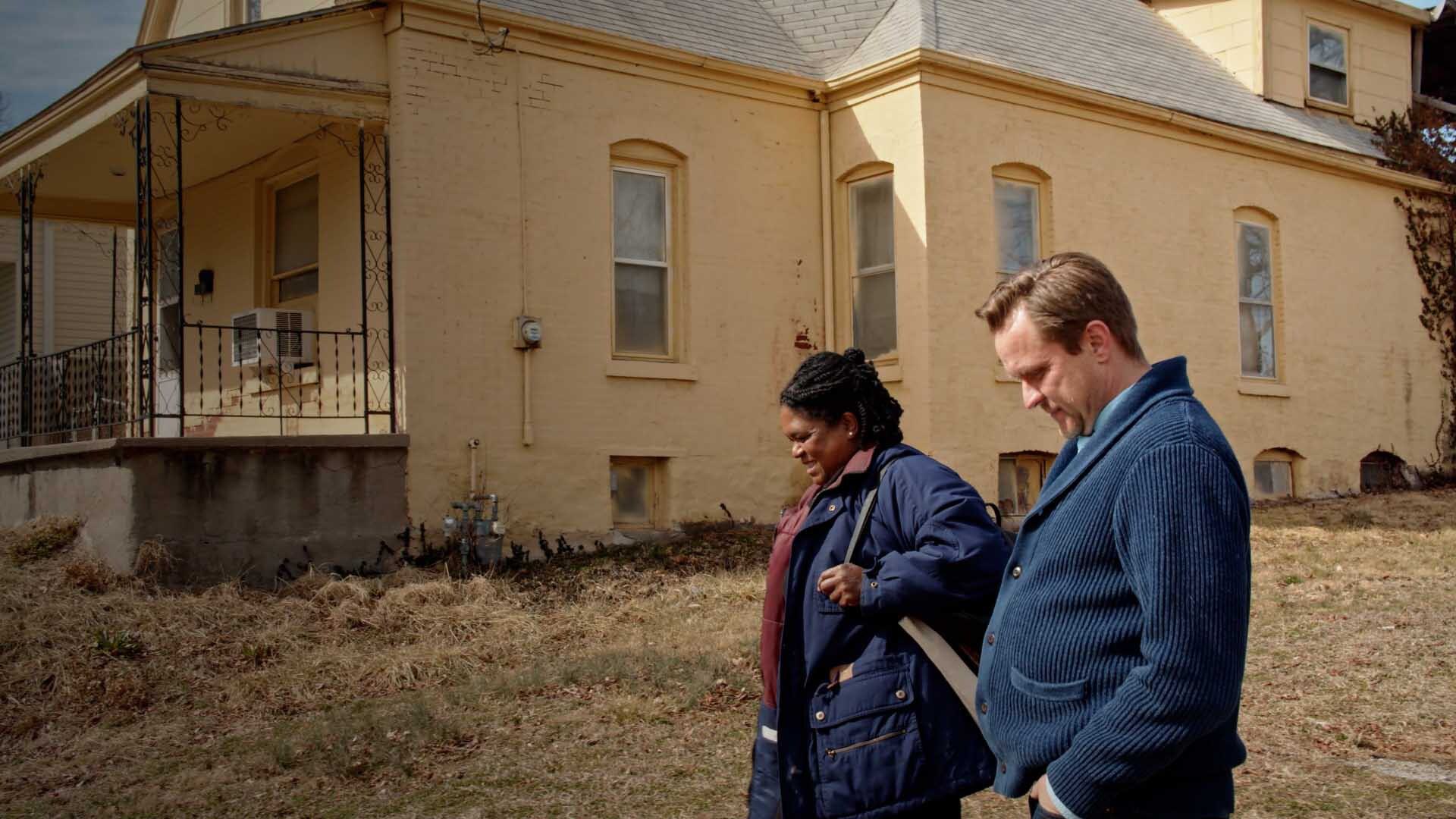
Trust Neighborhoods creates community-controlled real estate where gentrification threatens displacement. They created the Mixed-Income Neighborhood Trust, or MINT, that owns and operates a portfolio of rental housing under community control to maintain permanent affordability.
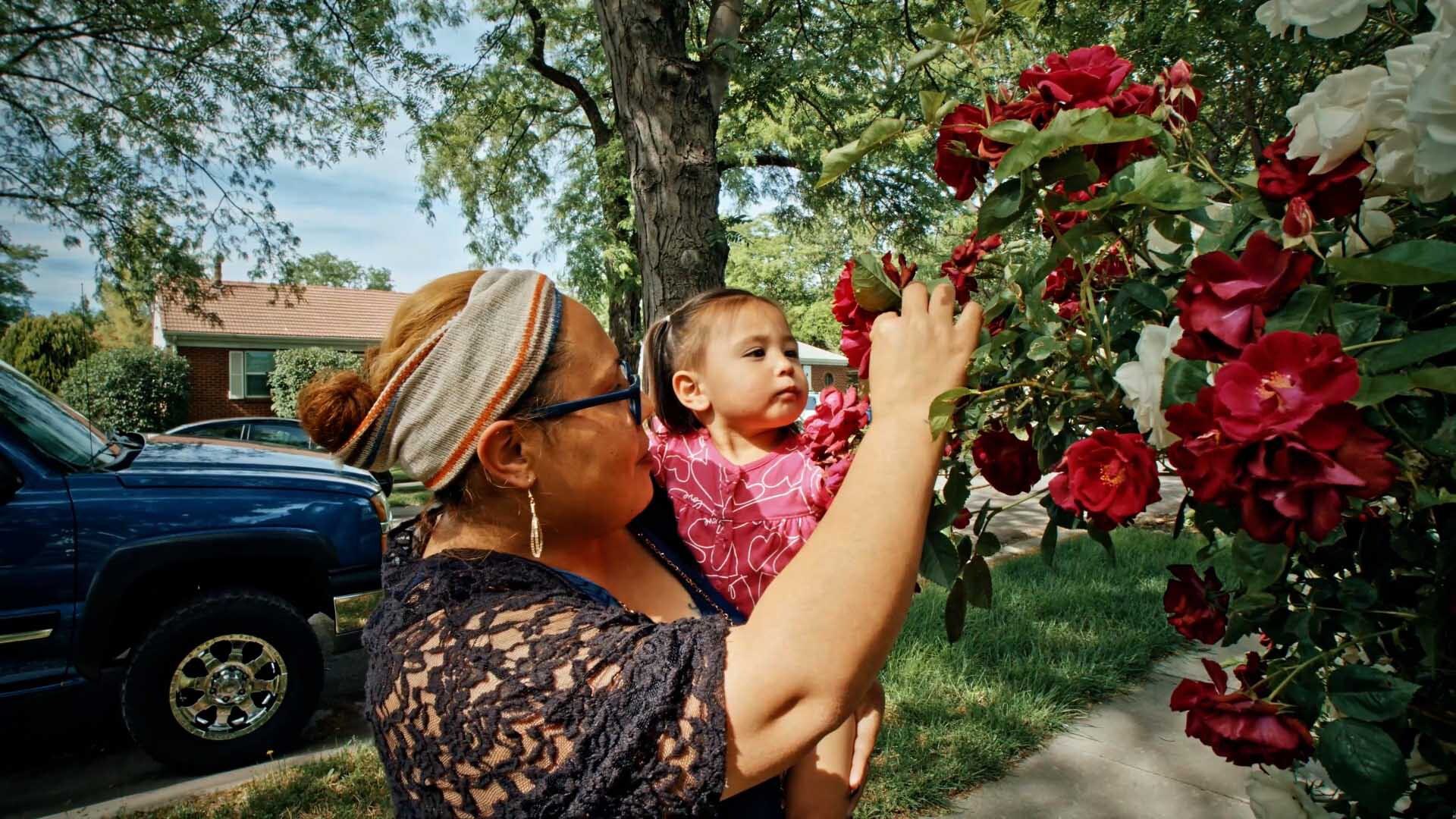
Blackstar Stability is a real estate investment management company that stabilizes communities by expanding equitable ownership of affordable single-family homes. They change the lives of working-class families by turning predatory land contracts into real mortgages.

Los Angeles Room & Board (LARNB) unlocks underutilized buildings to create live-learn co-living communities for community college students experiencing homelessness.
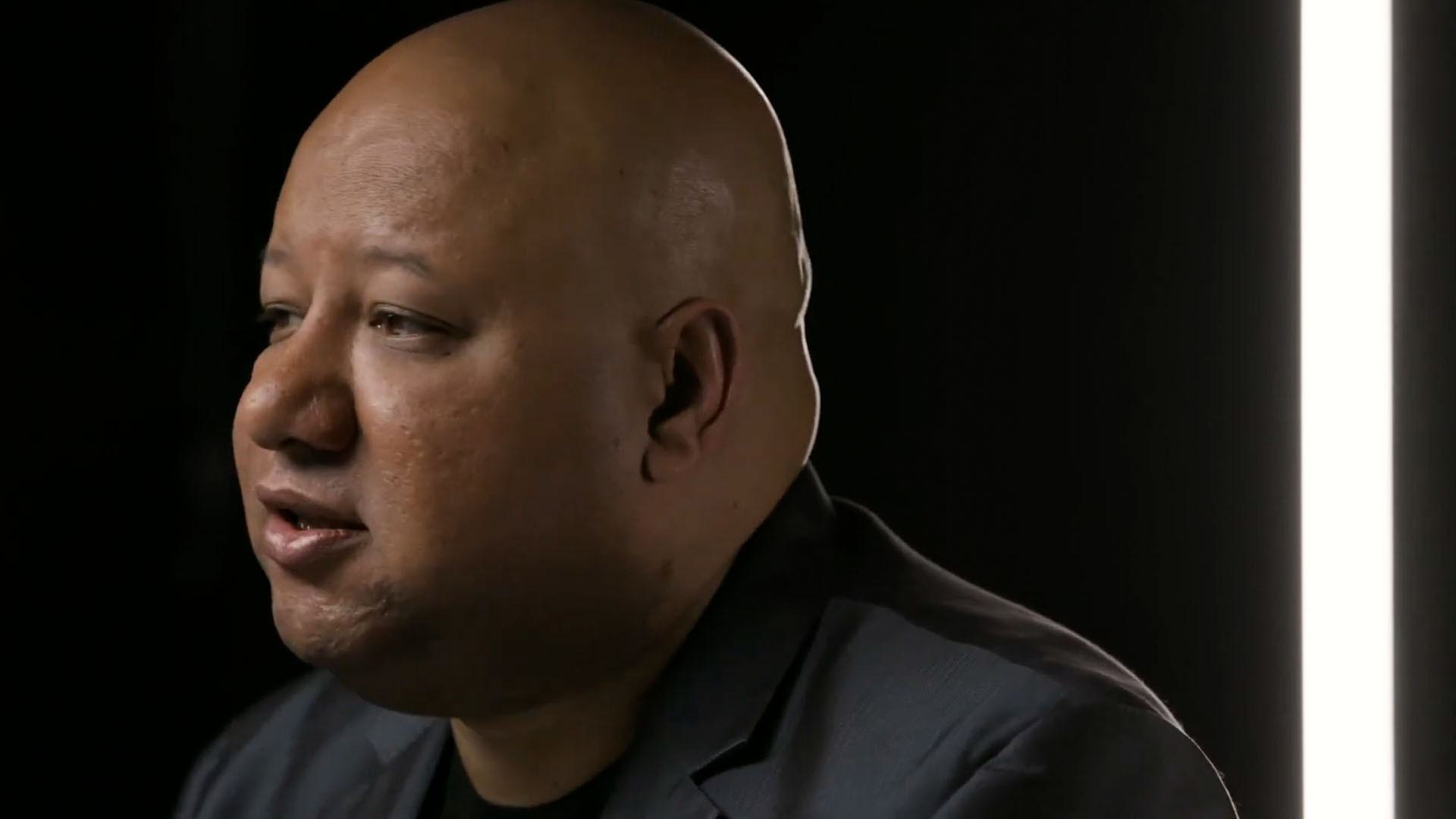
Padsplit is the nation’s largest coliving marketplace that connects property owners with pre-screened residents seeking an affordable place to live. They help real estate investors leverage under-utilized space in existing properties to make it more affordable for community members.

Esusu is the leading platform for renter financial health that helps low-to-moderate-income households access high-quality financial products. Through our rent reporting service, residents establish and build their credit scores while helping property owners improve their ESG strategies and reporting.

Dweller owns and manages accessory dwelling units (ADUs) as long rentals. ADUs are detached houses generally located in residential backyards, and have the look and feel of houses with the amenities found in most small homes.
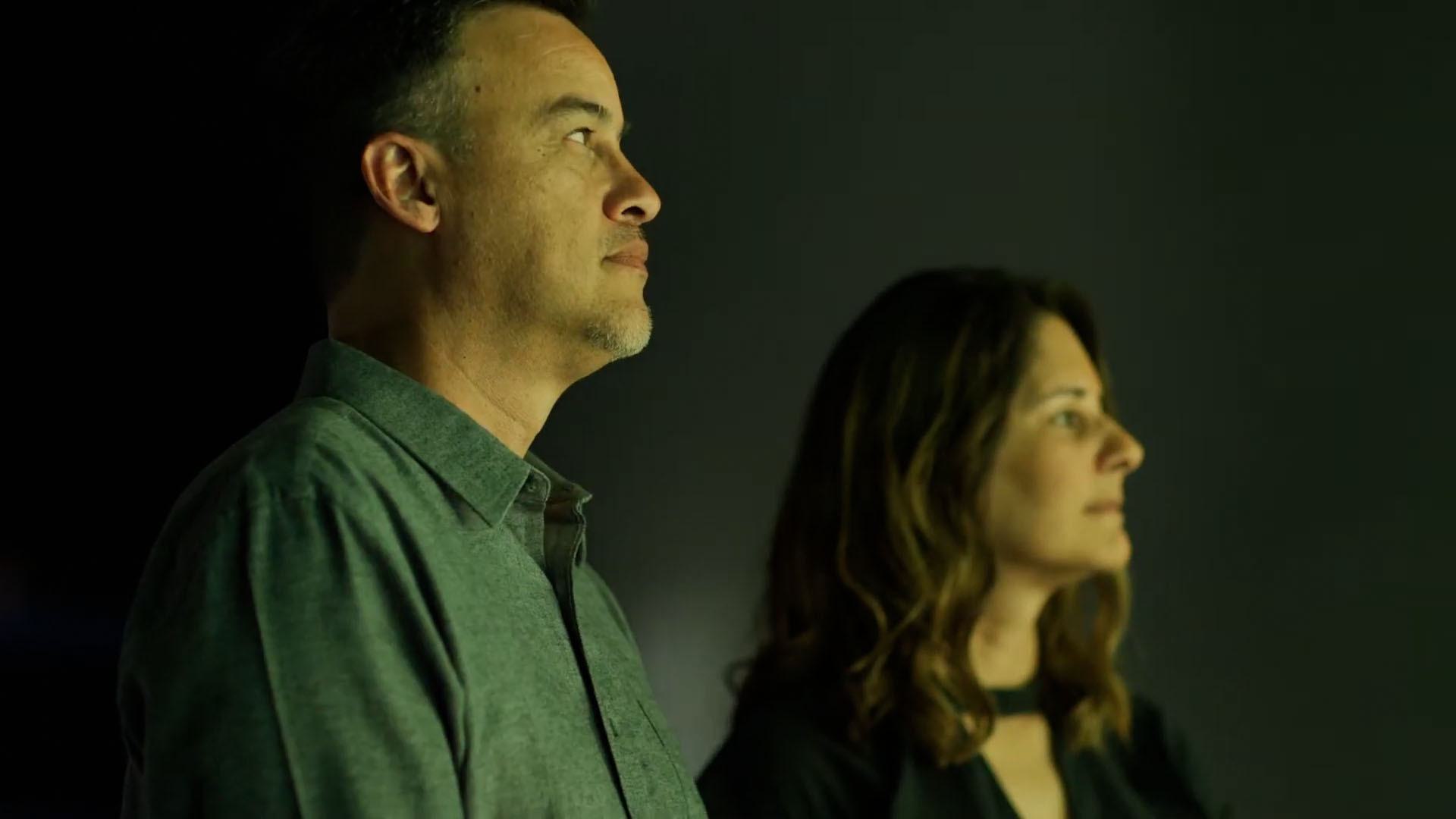
Prefab ADU is a panelized ADU kit builder that makes housing more affordable and accessible to people by providing products and systems that allow people to reduce the design & building costs by as much as 50%.

Hurry Home provided a pathway for renters to own their homes in 10 years, targeting homes valued under $100k.

Digs is an educational and savings tool for people preparing for homeownership. (Acquired by OJO Labs)
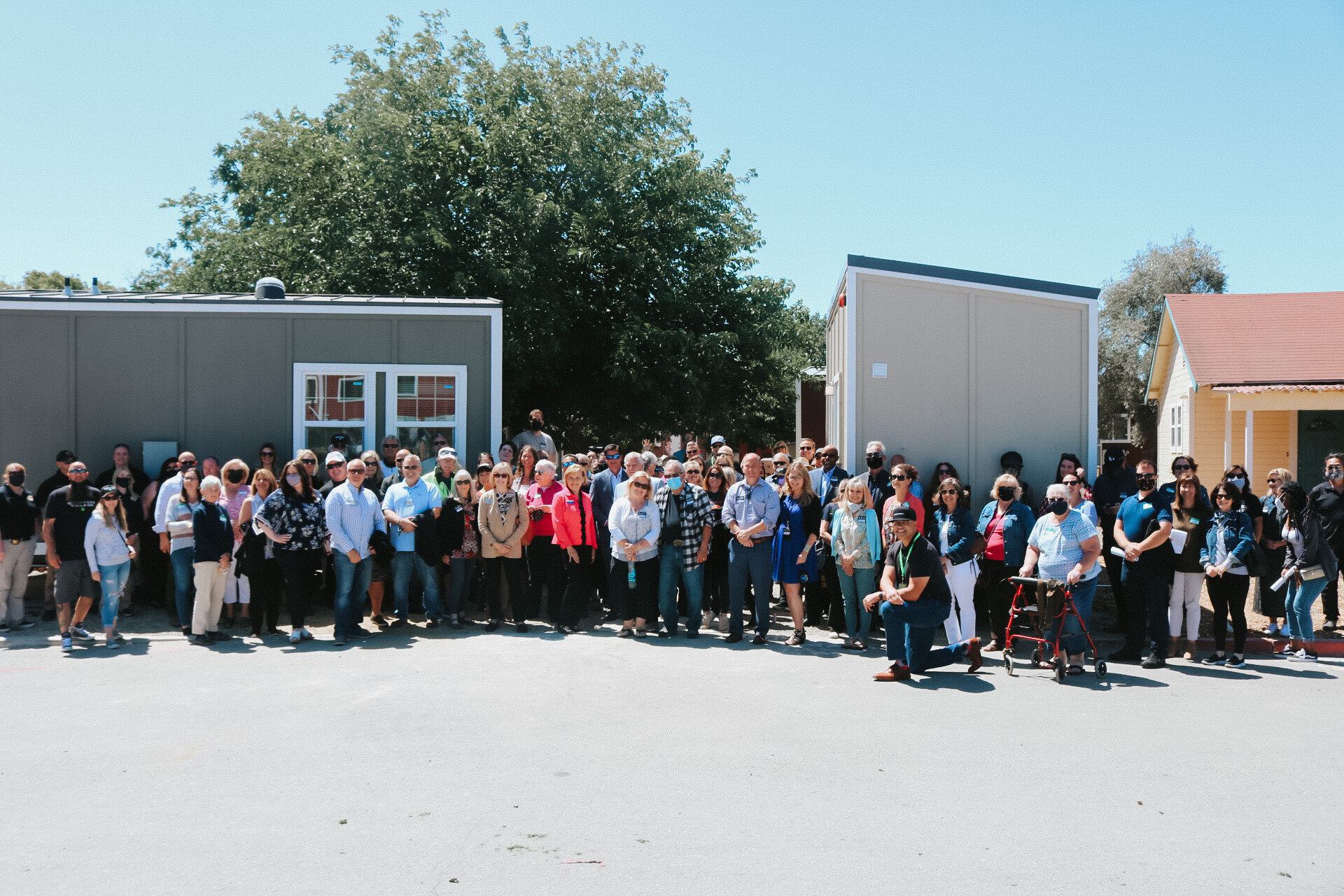
The majority of the Bay Area’s homeless population goes unsheltered every night. For people experiencing homelessness, more time waiting for a home can lead to worsened mental and physical health and more difficulty regaining long-term stability.
Firm Foundation Community Housing believes small urban infill can provide urgently needed relief. The organization works with owners of underutilized land (in many cases, churches and faith communities) to build fully-equipped tiny homes using temporary onsite production facilities. This means homes are built faster and more affordably.
Co-founder Taryn Sandulyak was determined not to cut corners - she wanted to build homes she would be happy for her family to live in. Firm Foundation’s communal, village-style environments aim to honor the dignity of their residents and promote long-term stability.
To support their plans for expansion into cities across the state, Firm Foundation worked with their Housing Venture Lab coach to explore creative financing strategies and plan for organizational capacity-building. See inside Firm Foundation’s tiny homes and meet two former residents, Nick and Sarah.
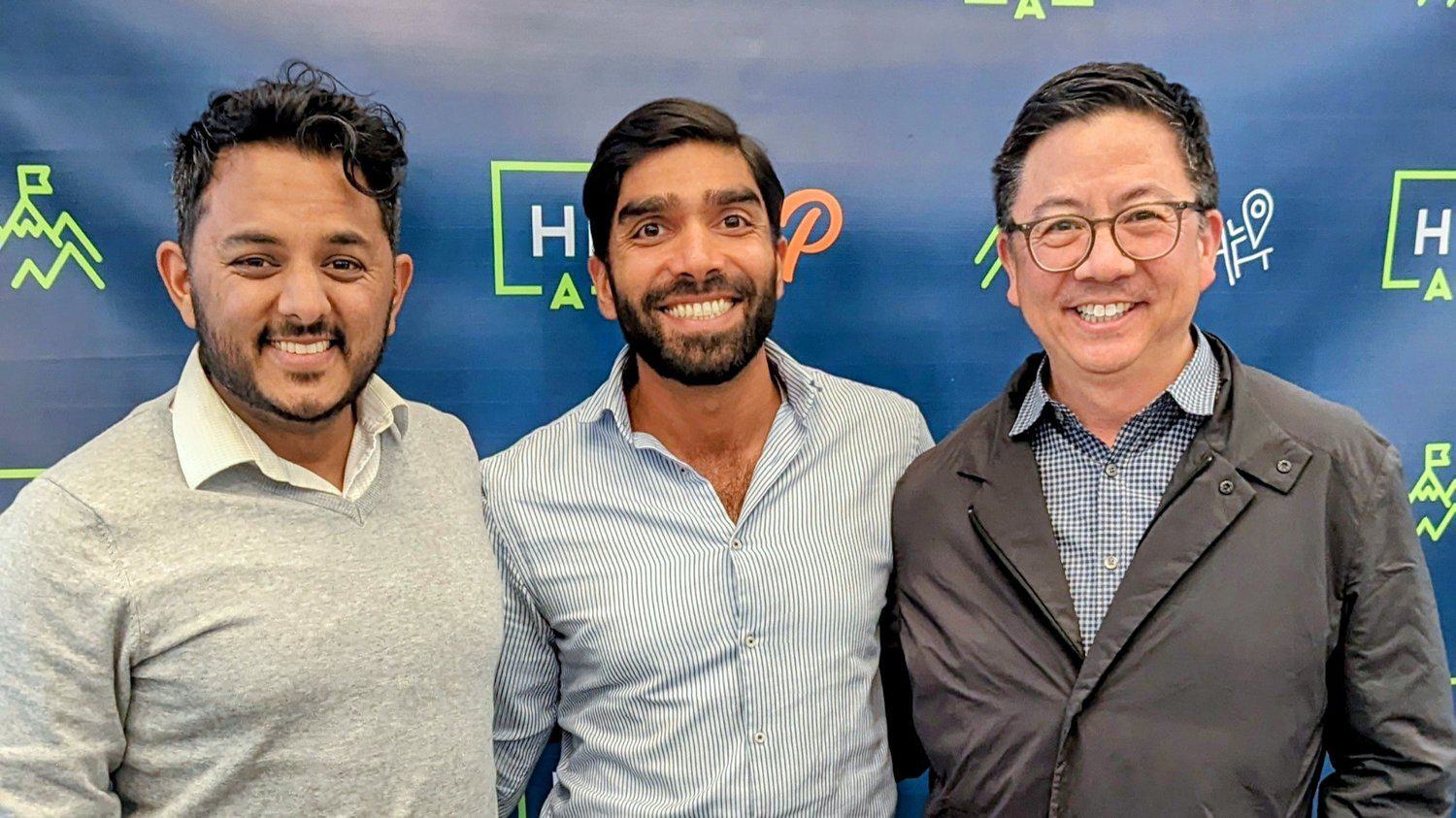
As a primary care physician, Sameer Sood was often frustrated by the limits of what he could do for patients experiencing homelessness. He knew that factors outside of the hospital like housing and socioeconomic status heavily influenced health outcomes. But he couldn’t prescribe stable housing or a higher-paying job.
Sameer and his co-founders Jeremy Liu and Joshua Prasad founded FWDSlash to weave together systems that weren’t previously connected. The company facilitates connections between housing developers, community organizations and Medicaid health insurers, putting “housing as healthcare” into practice. After a yearlong pilot in West Virginia, participants who found housing through the program saw a 50% reduction in cost of care and 83% reduction in healthcare utilization.
The Housing Venture Lab offered FWDSlash the opportunity to refine their value proposition, explore new opportunities, and plan for geographic expansion.
Meet Sarah Bryant, Housing Service Coordinator at Welcome House in Covington, Kentucky, who was able to connect clients with housing in just a few weeks through a partnership with FWDSlash.
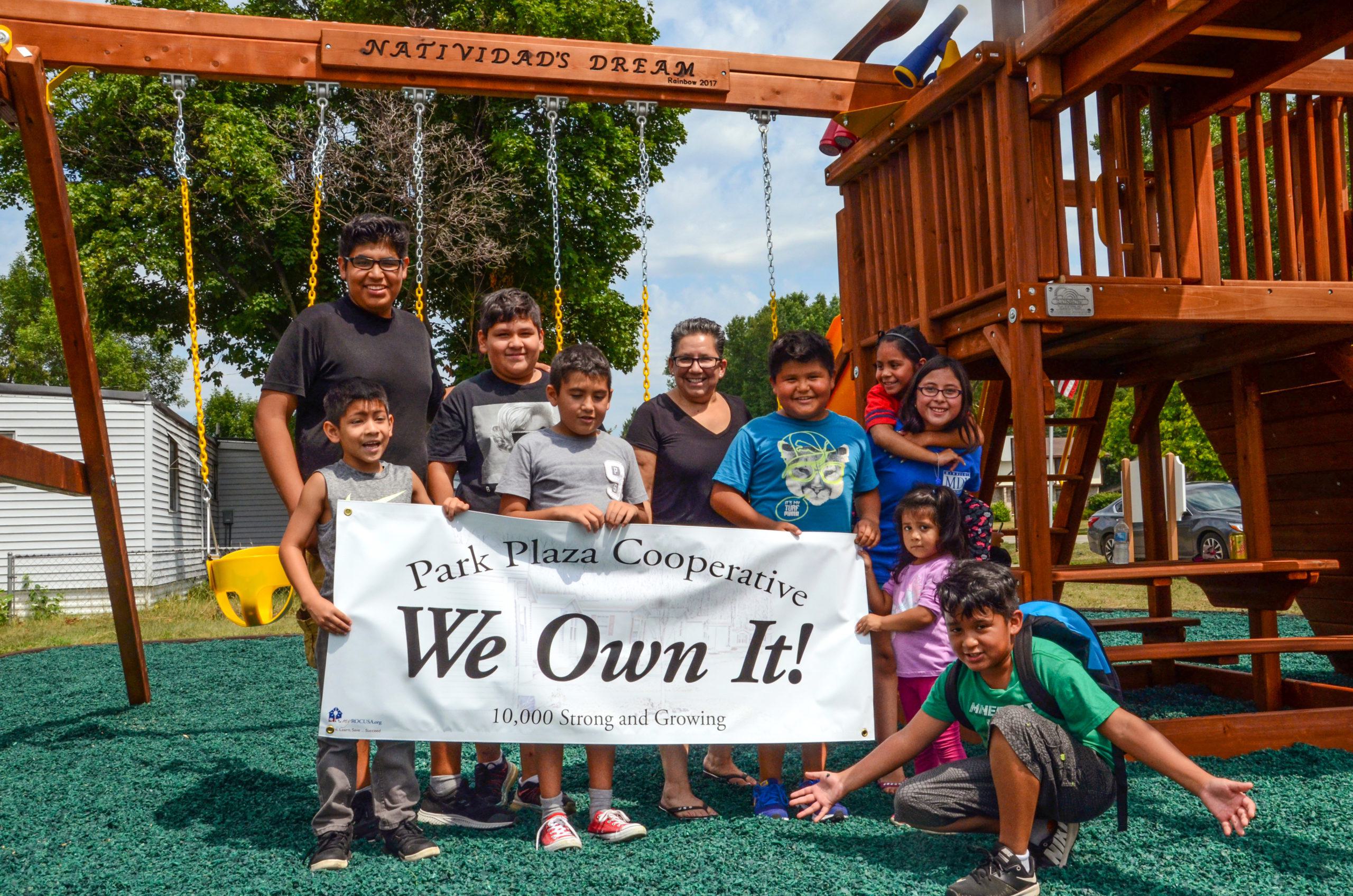
Since 2008, ROC USA has been working with residents of manufactured home communities to collectively buy the land they live on. To date, they’ve converted 321 communities to resident-owned cooperatives. Now they’re working to accelerate their impact with a new subsidiary, Integrity Community Solutions. Through the 2024 Housing Venture Lab, the ICS team worked to develop creative approaches for raising equity to purchase portfolios of multiple manufactured home communities, which they hold until residents are ready to purchase.
Learn more about how ROC USA and Integrity Community Solutions are working to transform manufactured home communities across the country.
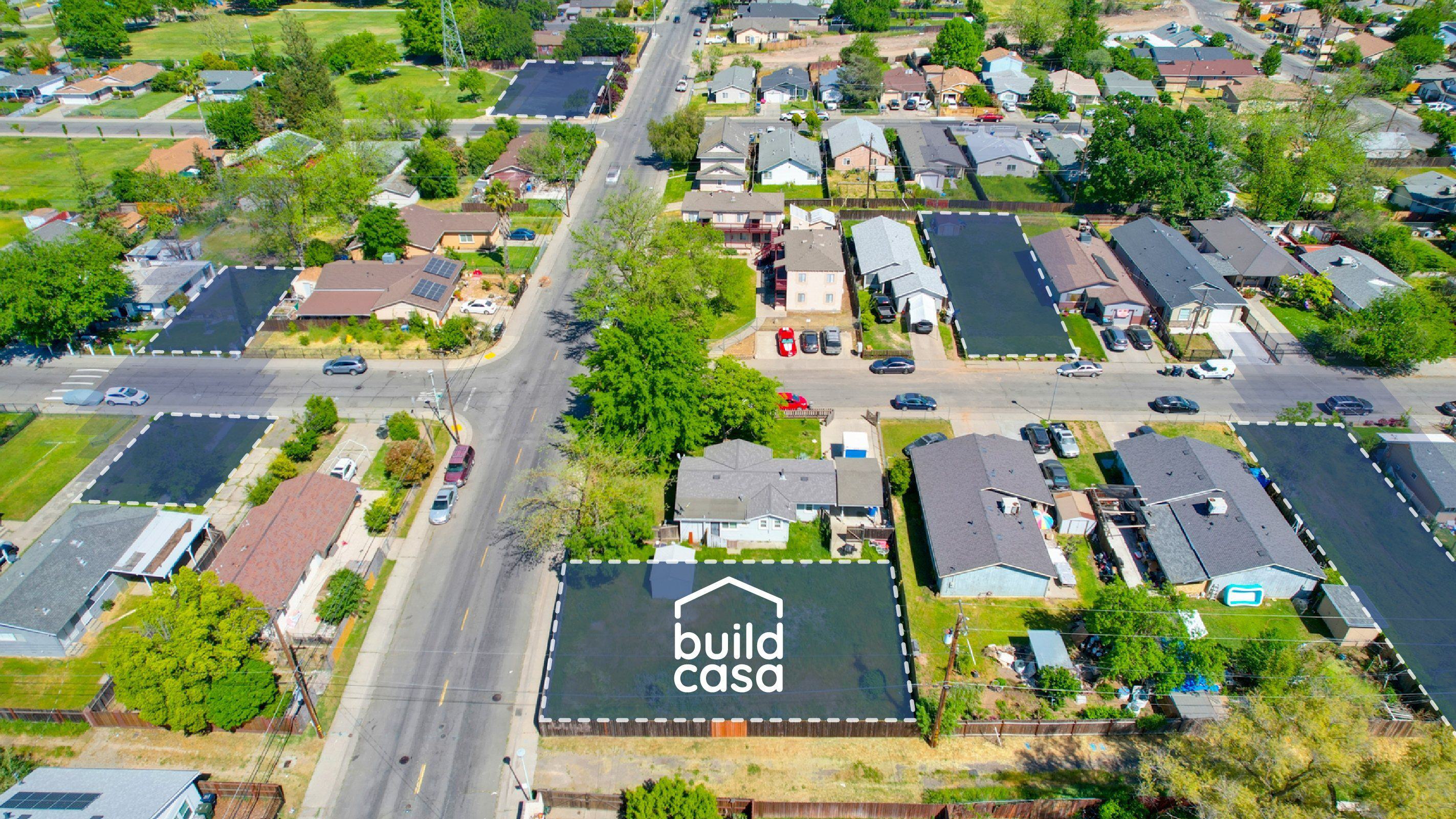
BuildCasa’s founders, Ben Bear and Paul Steidl, aim to create more homeownership opportunities by building housing in existing neighborhoods. Paul’s experience growing up in a close-knit Pittsburgh neighborhood helped inform the founders’ vision for dense, walkable, mixed-income communities.
A 2021 California law, SB9, opened up a pathway for making this vision a reality by allowing homeowners to split their lots and build homes on the resulting new parcels. BuildCasa now has 100 units approved or under construction across the state, and a new $750,000 investment from the Chan Zuckerberg Initiative will support the creation of additional homes for low-income first-time homeowners.
Through the Housing Venture Lab, BuildCasa has worked to refine their business model and fundraising strategy and respond to a changing policy landscape. Watch to learn more about how BuildCasa works to expand housing access in California neighborhoods.

Home appraisals are meant to be neutral assessments of a home’s estimated fair market value - but the reality is more complicated. A report from the Brookings Institute found that homes in majority-Black neighborhoods are valued at 23% less than comparable homes in other neighborhoods. Over time, this amounts to a significant devaluation of assets held by Black families - $156 billion in cumulative losses.
As an appraiser herself, Jillian White witnessed these errors firsthand - and saw how difficult it was for the average person to fight them. She founded 2024 Housing Venture Lab cohort venture Appraisal Insights to educate regulators, build tools for mitigating error, and create a pathway to recourse for homeowners who want a second, fairer valuation of their homes.
Learn how Jillian combined deep expertise and personal experience to change the appraisal industry for the better.
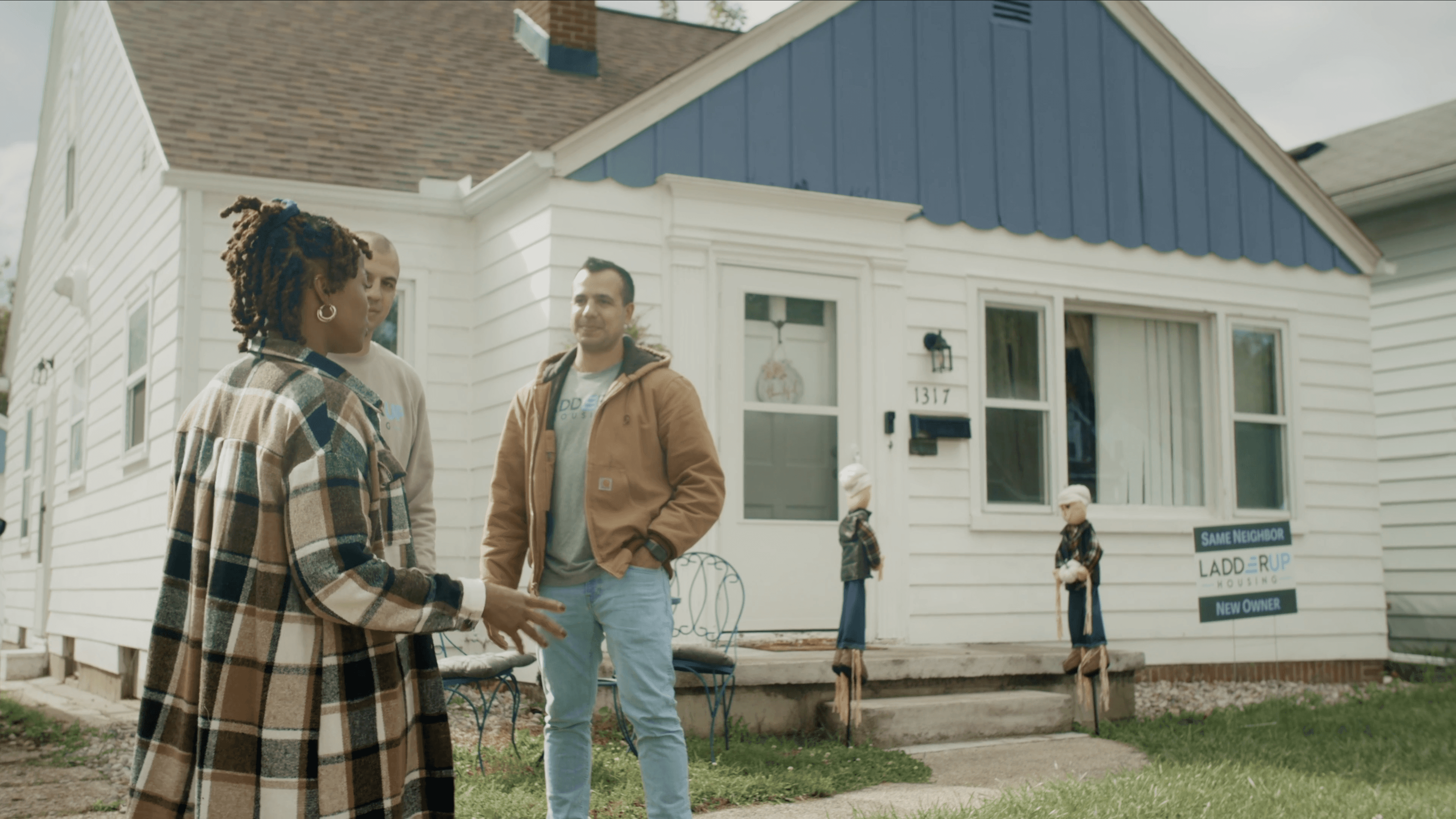
LadderUp Housing co-founders Tom and Greg Voutsos want to do more than help people buy homes: they want to bridge wealth gaps and build equity for future generations of low-income Midwesterners.
As the brothers prepared to launch the Toledo-based company, their research suggested that barriers to homeownership could be overcome with creative solutions. They set about addressing these barriers by buying older, low-cost homes, taking on the repairs themselves, then renting the homes to prospective homeowners and offering in-depth financial coaching. Renters then had the option to purchase their homes at the initial price.
“We’re very humbled by how hardworking our tenants are,” says Tom. “I think it’s emblematic of the character of Toledo and the Midwest that people are excited to work towards homeownership.”
The Housing Venture Lab offered LadderUp Housing an opportunity to explore alternative funding models and connected the founders with leaders from across the housing industry.
Watch to hear from homeowners Jasmine and Briana about how LadderUp Housing helped them buy their homes.
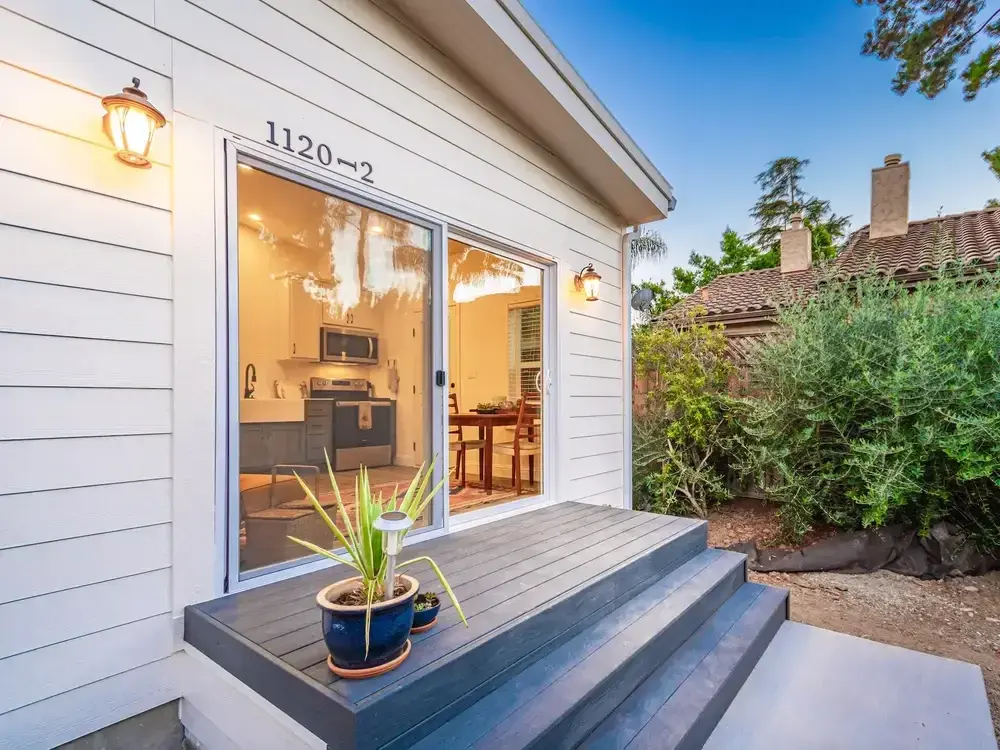
Ideas Fellowship Recipient
Washington, D.C. | Founded 2025
BuildTrust aims to democratize development by unlocking financing to build accessory dwelling units (ADUs) and other scalable housing solutions. As states around the country remove barriers to ADUs and other missing-middle housing options, access to construction financing remains the key challenge in translating policy changes into new homes.
BuildTrust aims to address this by aggregating nationwide project data, providing AI-driven project-level insights, and developing loan products that support innovation through standardization, making construction financing straightforward for lenders and widely accessible for homeowners. Connecting local housing solutions to national financial infrastructure, BuildTrust is helping communities build wealth while addressing the housing crisis one backyard at a time.
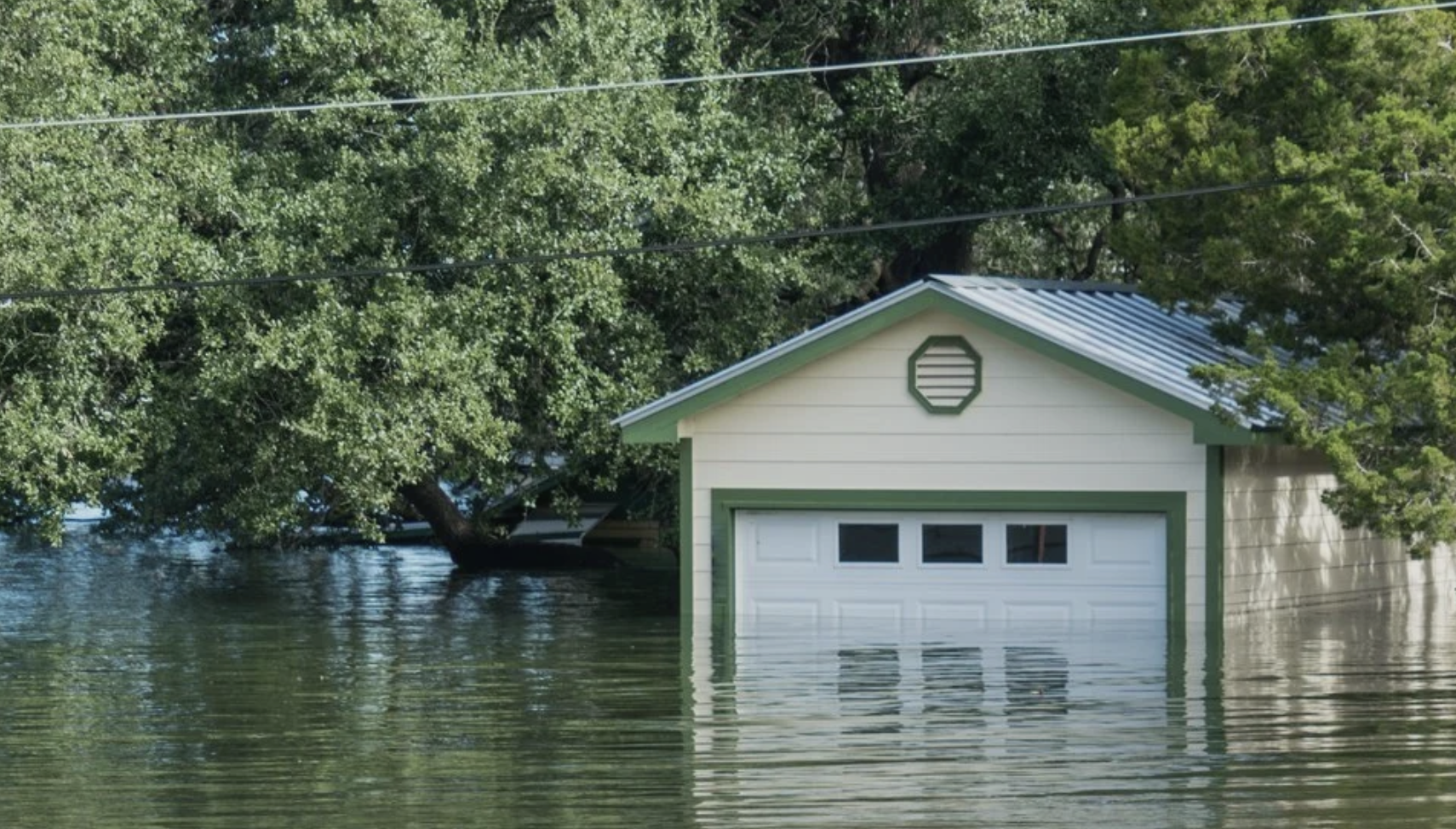
Ideas Fellowship Recipient
Oakland, California | Founded: 2020
Buy-In Community Planning (Buy-In) is a nonprofit with the goal of helping communities vulnerable to environmental hazards develop and fund voluntary relocation plans. By combining geospatial data with participatory planning, Buy-In designs buyout programs that allow lower-income homeowners at high risk to safely relocate if they choose. Buy-In seeks to prevent climate-driven wealth loss in low-income communities and communities of color. These communities are often most at risk, living in high-exposure areas with limited infrastructure and facing systemic barriers to vital support like affordable insurance, financing, and government aid while simultaneously facing depreciation of their home assets.
Buy-In's innovative “Buy-In Bank” concept aims to provide affordable financing and insurance alternatives so homeowners can retain equity and purchase safer homes, addressing a critical rehousing cost gap that often disproportionately impacts low-income and BIPOC communities. With a focus on equity and environmental restoration, Buy-In supports resilient, fair, and sustainable solutions to climate-driven displacement.
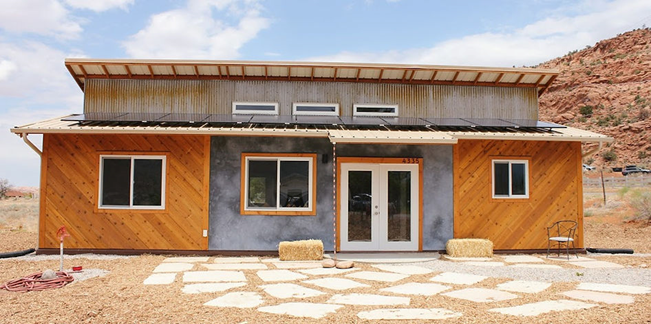
Moab, Utah | Founded: 2010
Community Rebuilds is a nonprofit organization that builds affordable, environmentally sustainable homes in rural Utah while training the next generation of construction workers. Through a federally supported “mutual self-help” model, low-income families contribute labor to help build their own homes, reducing construction costs and gaining valuable skills.
Community Rebuilds has built nearly 80 homes in five different communities and trained over one thousand students since 2010, using natural and recycled materials and culturally respectful designs to ensure long-term affordability, energy efficiency, and resilience. By combining hands-on education, sustainable building, and housing equity, Community Rebuilds creates both homes and opportunities for historically underserved communities.

Washington, D.C. | Founded: 2016
Grounded Solutions Network’s Homes for the Future (HFTF) program helps make homeownership more affordable for families with moderate incomes. The program buys houses in neighborhoods where the cost of living is rapidly increasing, rents them at affordable rates while paying off the purchase costs, and then sells them at discounted prices to families or organizations that agree to keep the homes affordable for future buyers.
HFTF is unique in that it locks in affordability at the property level. Rather than requiring fresh subsidy for each subsequent homebuyer, HFTF properties remain affordable for the long-term, providing generations of families with opportunities to build wealth and avoid displacement.
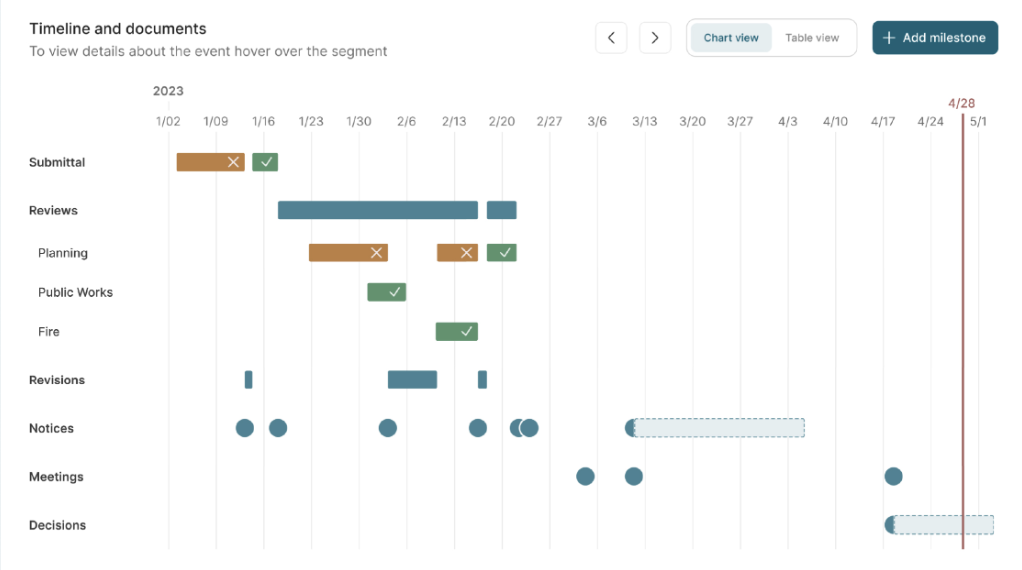
San Francisco, California | Founded: 2024
Infilla is a software startup that helps local governments streamline and modernize their permitting and planning processes - making it faster, easier, and more transparent to build housing. Infilla offers modular tools like impact fee calculators, smart intake forms, and searchable zoning guidance. These tools reduce paperwork, cut down on delays, and help city staff process applications more efficiently, all of which lower costs and speed up housing production, especially for smaller developers and affordable housing projects.
By improving government systems that are often outdated and hard to navigate, Infilla helps ensure that more diverse developers can access and complete projects, making housing development more equitable and predictable.
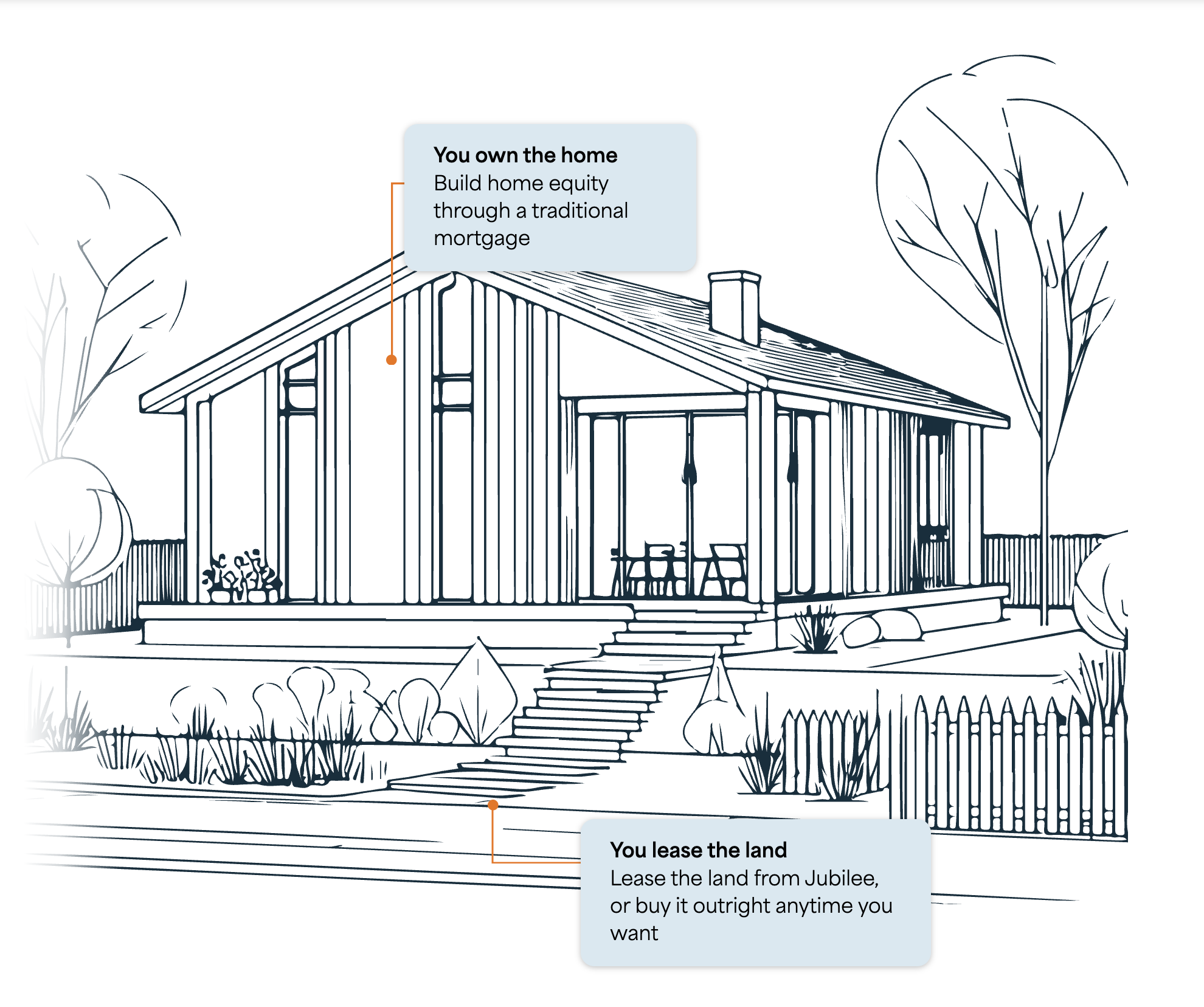
San Francisco, California | Founded: 2024
Jubilee Homes offers a market-based approach to affordable homeownership that works to protect buyers and avoid predatory terms. By separating the purchase of a home from the land it sits on, Jubilee enables buyers to significantly reduce their upfront costs by up to 90%. Buyers own their homes outright while Jubilee leases them the land for up to 99 years. Customers have the option to purchase the land at any time, combining the benefits of traditional homeownership with increased affordability.
The model splits property appreciation proportionally between institutional investors and homeowners, aiming to expand access to ownership in high-cost markets. It helps more people, especially those historically priced out, build long-term wealth and stability while maintaining the homeowner’s flexibility and control.
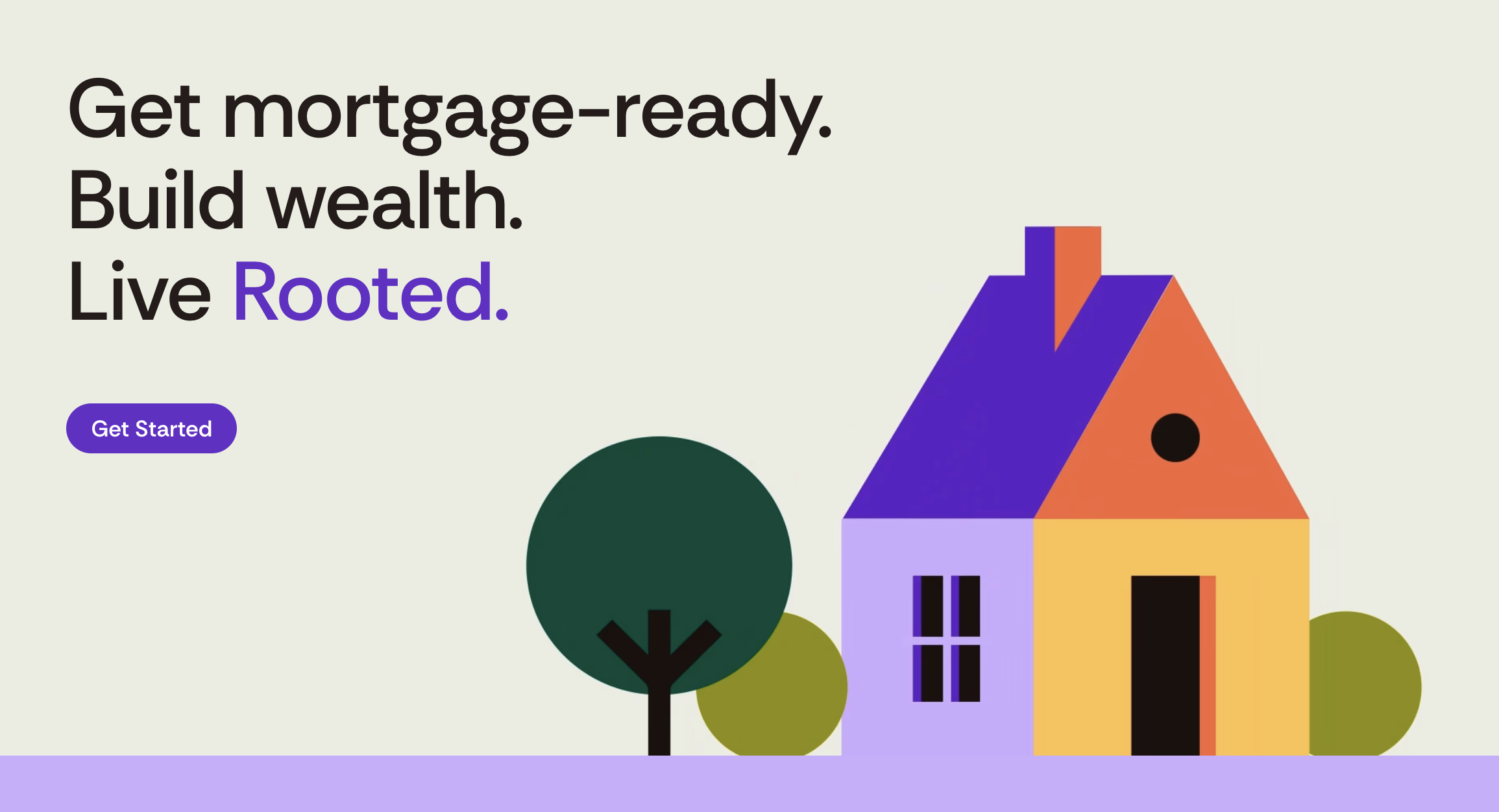
Baltimore, Maryland | Founded: 2019
Rooted, a new venture from Project Own, is a nonprofit web platform designed to help more low- and middle-income families become mortgage-ready by making financial coaching more efficient and accessible. Built specifically for HUD-certified housing counseling agencies, Rooted equips financial coaches with tools like automated credit analysis, mobile-first client intake, and text-based communication to streamline coaching and reduce administrative work. This allows agencies to serve more clients, often first-time homebuyers and predominantly women and Black households, at a lower cost.
With early traction across multiple states and growing partnerships, Rooted is working toward broader adoption across the nation’s 1,500 housing counseling agencies, making homeownership more achievable for those historically locked out.
how to apply
Applications for the 2025 cohort are now closed. The application for our next cohort will open in early 2026.
Each year, the Housing Venture Lab selects a small cohort of innovators from across the US to participate in a six-month program to accelerate their scale.
The Ideas Fellowship is for the earliest stage entrepreneurs, in the idea or early implementation phase of launching bold ideas for housing affordability. This new program will include participation in Housing Venture Lab programming and six months of funding and resources tailored to support founders in moving from concept to completed pilot.
The Ideas Fellowship
Every year, we receive applications from founders with high-potential ideas for addressing the housing crisis. Many of these applicants are too early-stage to fully benefit from the Housing Venture Lab program. The Ideas Fellowship was created to bridge this gap by providing talented founders with funding to help them work on their ideas full-time for 6 months.
Our aim is to support founders who otherwise might not have the resources to get their ventures off the ground in moving from concept to completed pilot. You should apply if you have a great idea and a compelling story as to why you are well-positioned to build a venture with potential to scale.
The Ideas Fellowship includes participation in the Housing Venture Lab cohort, plus:
- Funding to support founders in working on their ideas full-time for 6 months
- Targeted support for founders at the pre-pilot stage
- Mentorship from later-stage founders
The application for this year's Ideas Fellowship is now closed.
What Do Ventures Get?
A $75,000 investment in product development and growth. For nonprofit companies, this is a grant. For-profit companies, this is structured as a Simple Agreement for Future Equity (SAFE).
Regular virtual advising from an expert in policy and business strategy in the housing market. See Our Coaches on the About page.
Connections to leading builders, policymakers, nonprofits, investors, foundations and institutional partners.
Access to a diverse, close-knit cohort of other founders and to a growing community of Housing Venture Lab alumni.
Application Process
Determine Eligibility
We work best with organizations that have already started to prove their innovation and are ready to grow. For more information on our selection criteria, see below.
Submit Initial Application
Our first round application is brief! If you’re interested but unsure whether you fit our criteria, we hope you consider dropping in an application.
Secondary Application & Interviews
A subset of applicants will be invited to submit a secondary application providing greater detail on their current challenges, growth plans, and financials. Top applicants will then be invited to participate in 1-2 virtual interviews.
Join Cohort
Our 2025 cohort will run through February 2026. Selected companies participate in bi-weekly advising, monthly cohort calls, and two to three in-person retreats.
How We Evaluate Candidates
Our program team and selection committee analyze companies with a holistic lens.
Factors we consider include:
Could this concept make housing more accessible at scale, either by growing nationally or by creating a model that is replicable by others in their communities?
How new and creative is the core concept, and how well does it fit today’s housing challenges? Can it create transformational outcomes for housing equity, affordability and sustainability?
Do the core elements of the organization’s product or service work? Are the barriers the organization may face in the regulatory landscape overcomeable? Is there a path to long-term profitability and/or an ability to attract the outside investment needed to grow?
Does the core team have the skills necessary for success? Can they attract additional talent to help them grow?
Will the Housing Venture Lab’s support help move the venture to the next phase of growth?
Frequently Asked Questions
The Terner Center and Terner Labs are sister organizations that share knowledge, networks, and expertise. The Terner Center for Housing Innovation at UC Berkeley is a housing research and policy organization whose timely analysis and data-driven research help policymakers, practitioners and advocates advance bold strategies to address housing challenges. Terner Labs was founded to complement the work of the Terner Center and scales critical innovation at the intersection of housing equity, affordability and sustainability. While separate, the two entities share an advisory board and some staff members.
The Housing Venture Lab started as a program of Terner Center and then spun out as the first program of Terner Labs. Today Terner Labs runs the Housing Venture Lab and two other programs, the Data Solutions Lab and the Builders Lab. Housing Venture Lab participants can access the research and policy experts at the Terner Center for guidance on organizational and policy issues.
The Housing Venture Lab is an accelerator that provides wraparound support for entrepreneurs with new, bold ideas to make housing more equitable, accessible, and sustainable. The Builders Lab is a new Terner Labs program that will support greater adoption of industrialized construction approaches in housing delivery. Leveraging the existing success of the Housing Venture Lab as well as new learnings across sectors and international borders, the Builders Lab will address critical sector-wide bottlenecks to modernizing the architecture, engineering, and construction industry. More information about the Builders Lab is coming soon. In the meantime, if you are unsure whether your organization is a better fit for the Housing Venture Lab or the Builders Lab, please reach out to kara.murray@ternerlabs.org to discuss.
Successful applicants will have a model that addresses the Housing Venture Labs' core values of affordability, equity, and sustainability. Typically, applicants must be able to evidence that one to two of those goals are core to the organization’s innovation and/or integrated into the organization’s strategy and operations and that in no case are their operations likely to negatively impact affordability, equity, or sustainability.
The Housing Venture Lab recognizes the multiple, layered challenges facing the housing space and is looking for ventures that are tackling a wide range of issues. We’re excited about these areas, but they won’t limit the makeup of our final cohort. In past years, many amazing ventures the Housing Lab supported were a surprise—they did not align neatly with our areas of interest, but they blew us away. The Kelsey, Esusu, and Blackstar Stability are just a few examples.
Applicants to the Housing Venture Lab should be ready for growth with a core team in place. The model should be well thought-out and have been tested with promising results. The team should know the main opportunities and constraints their venture faces. Typically this means the organization has done at least a pilot or has initial promising customers. For VC-backed startups, companies are usually seed stage or immediately pre-Series A.
The Ideas Fellowship was created for earlier-stage entrepreneurs at the ideas stage who are looking to move from concept to completed pilot.
No, one of the strongest aspects of our program is the diversity of organizational types and founders. Many types of organizations are welcome. Ventures may be part of an existing organization or a new startup. They may have a nonprofit or for-profit model.
One or two senior members of your leadership team. For early-stage companies, it is strongly preferred for one or two of the founders to participate together.
For for-profit companies that participate in the Lab, we request a Simple Agreement for Future Equity (SAFE). This is priced substantially below the standard equity cost of peer accelerator programs and is purposed solely to support the Housing Venture Lab's ongoing ability to help scale impactful nonprofit and for profit ventures in housing affordability. If you have questions on the details of this warrant or how it may be set for your company, please reach out to us at hello@ternerlabs.org.
Graduate Student Fellows
Each year, Terner Labs hires Graduate Student Fellows in city planning, urban design, business, sustainability, policy and other disciplines to help uncover the most promising early-stage models to advance housing affordability in the U.S.
Graduate Student Fellows work with us throughout the year, becoming subject matter experts in one area of housing innovation and participating in the selection process.
